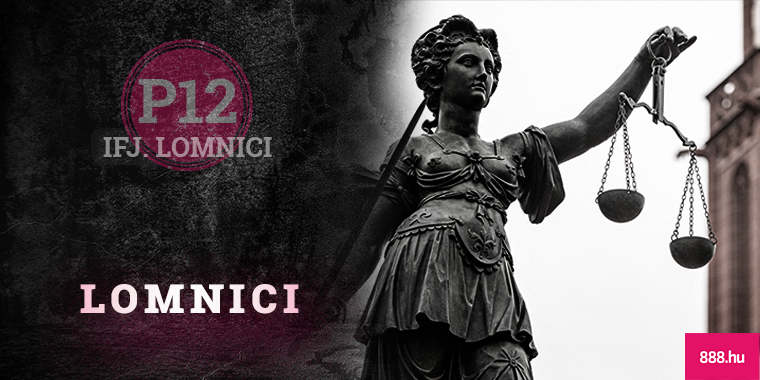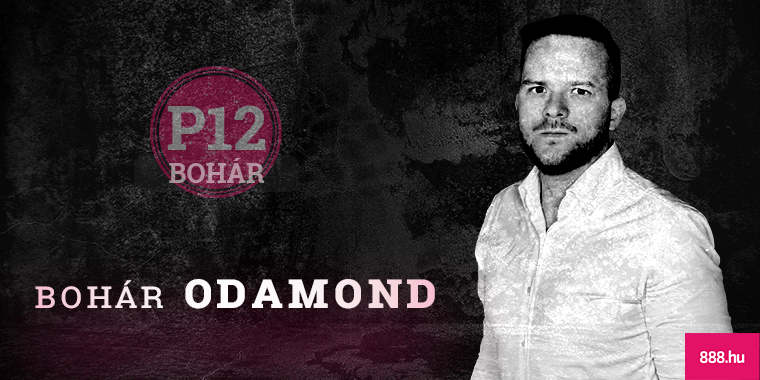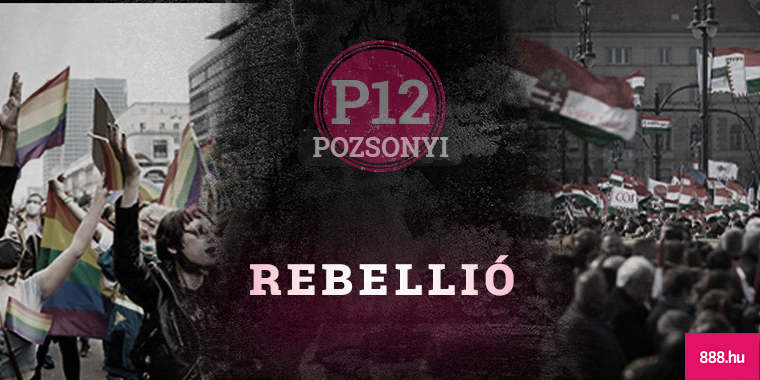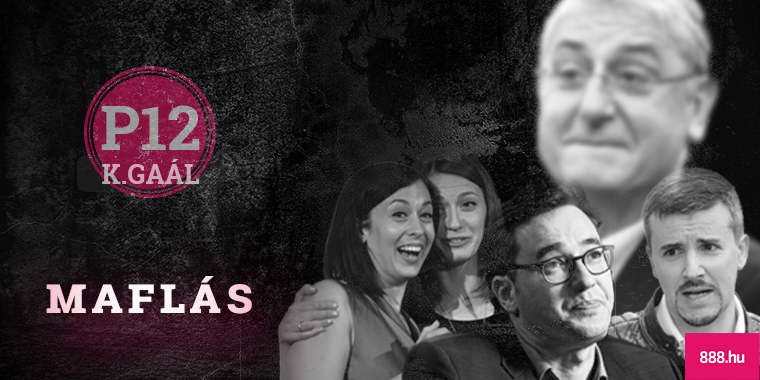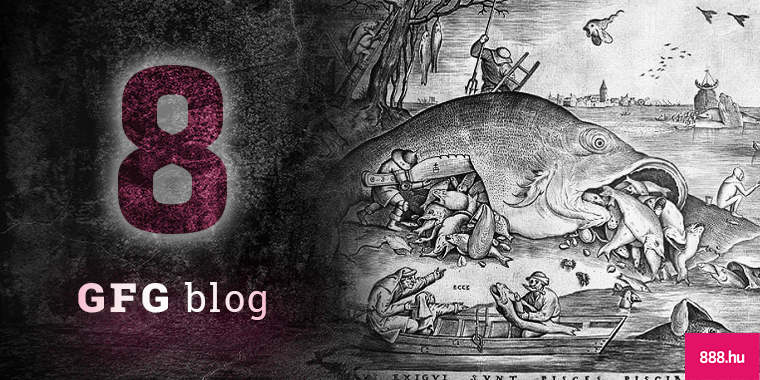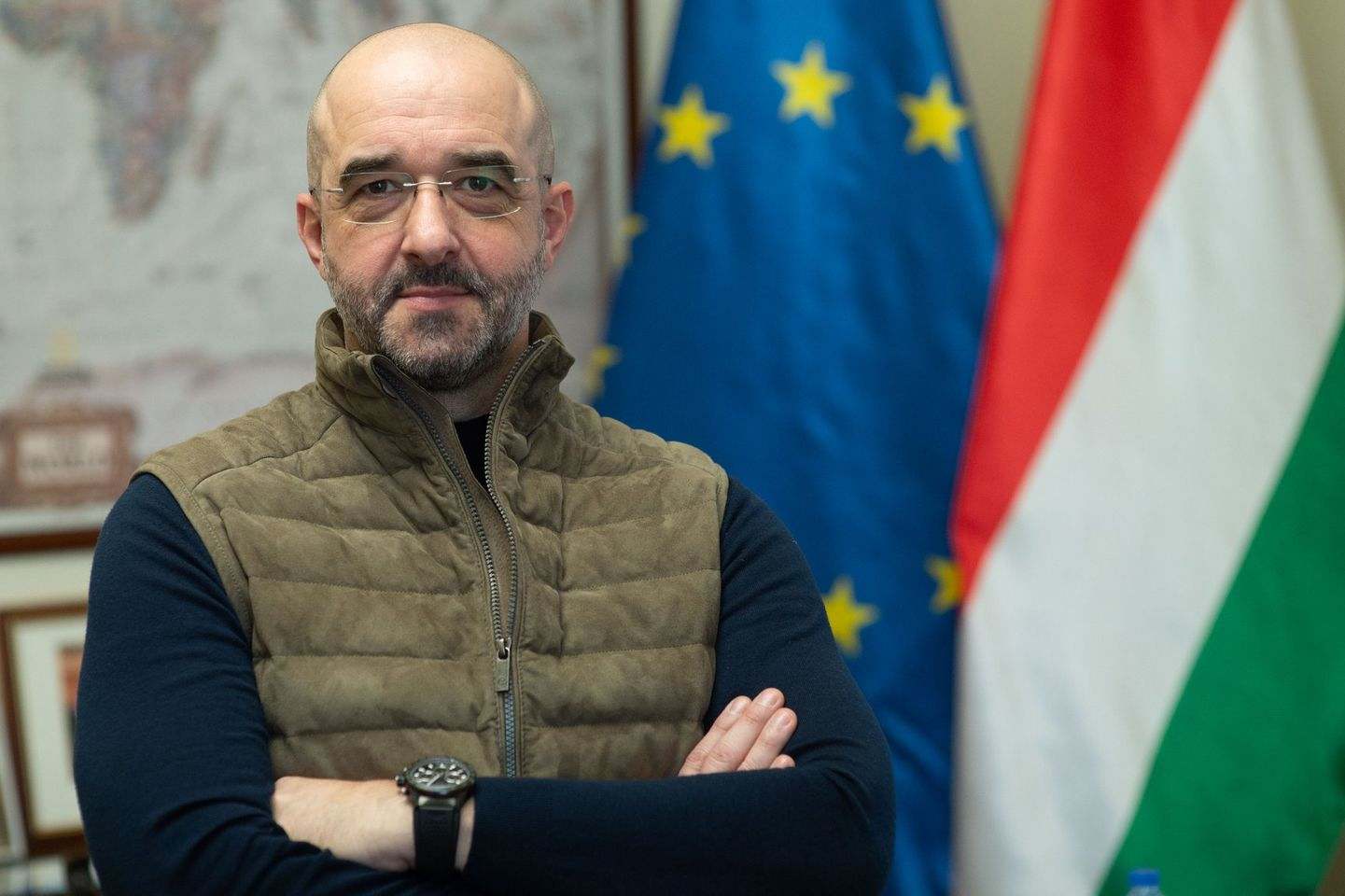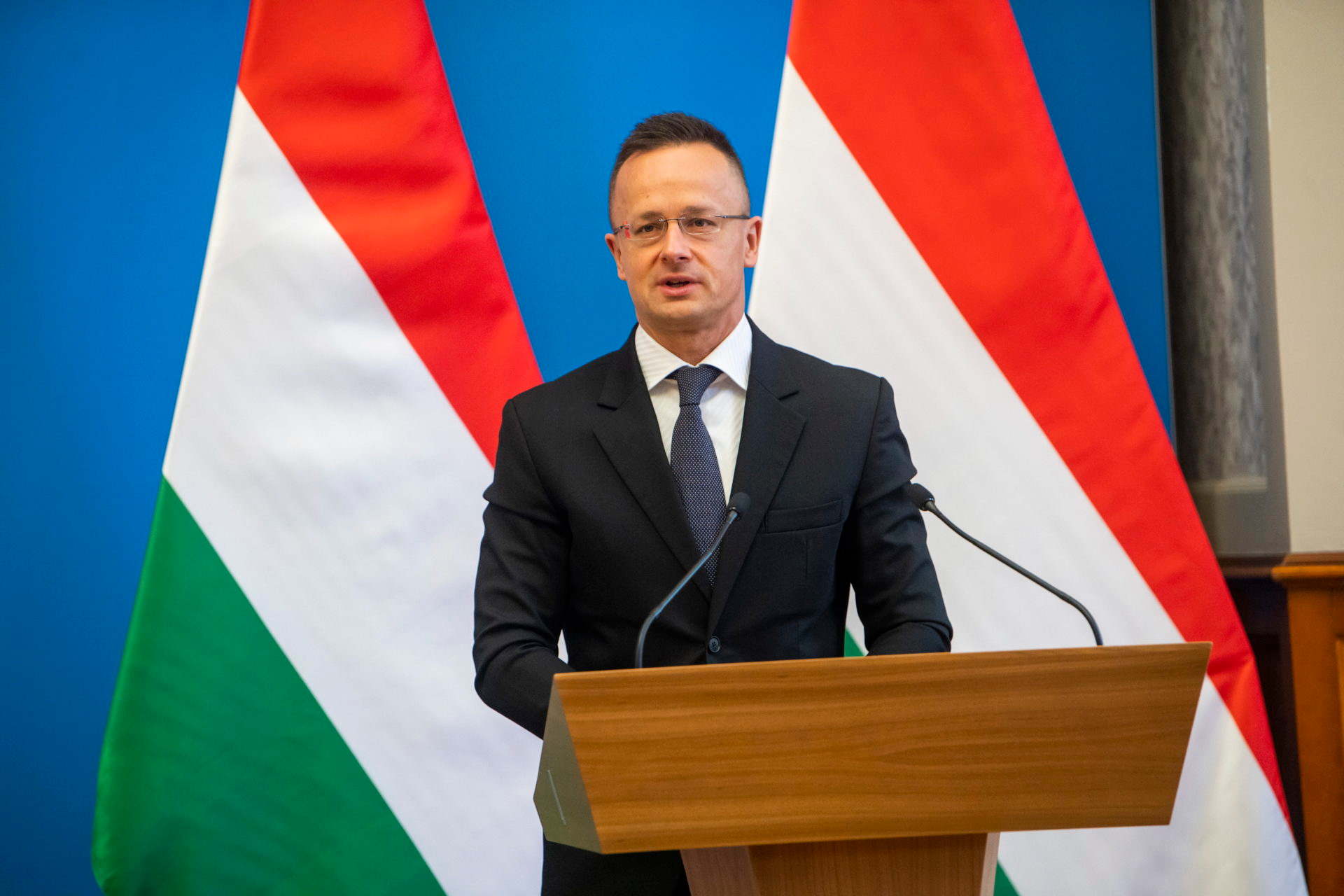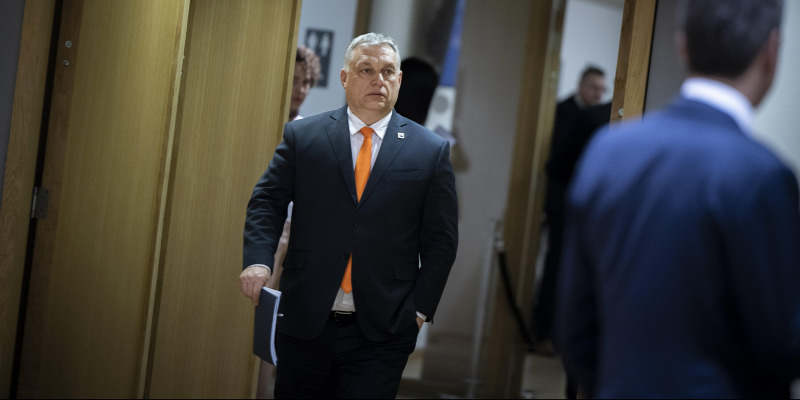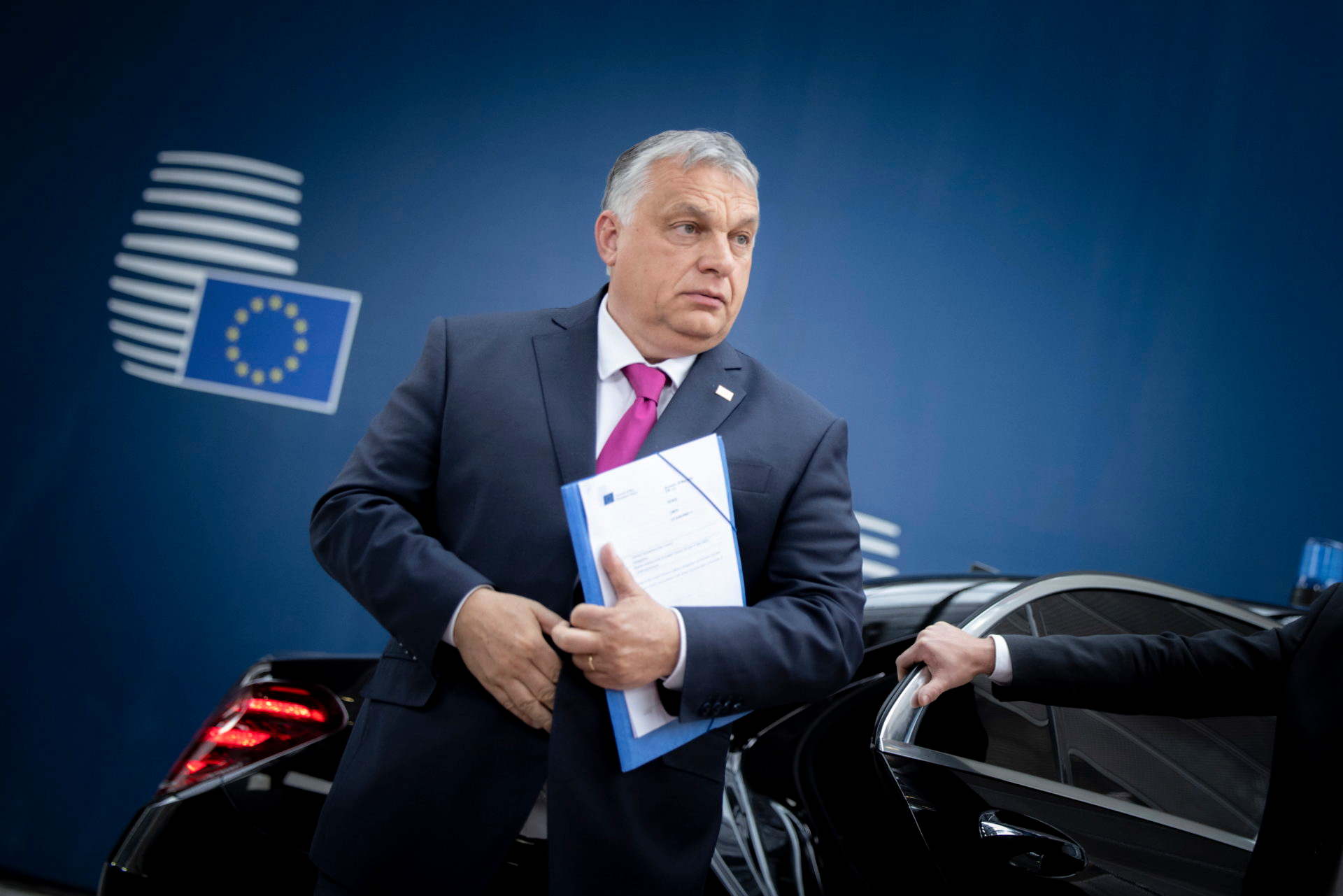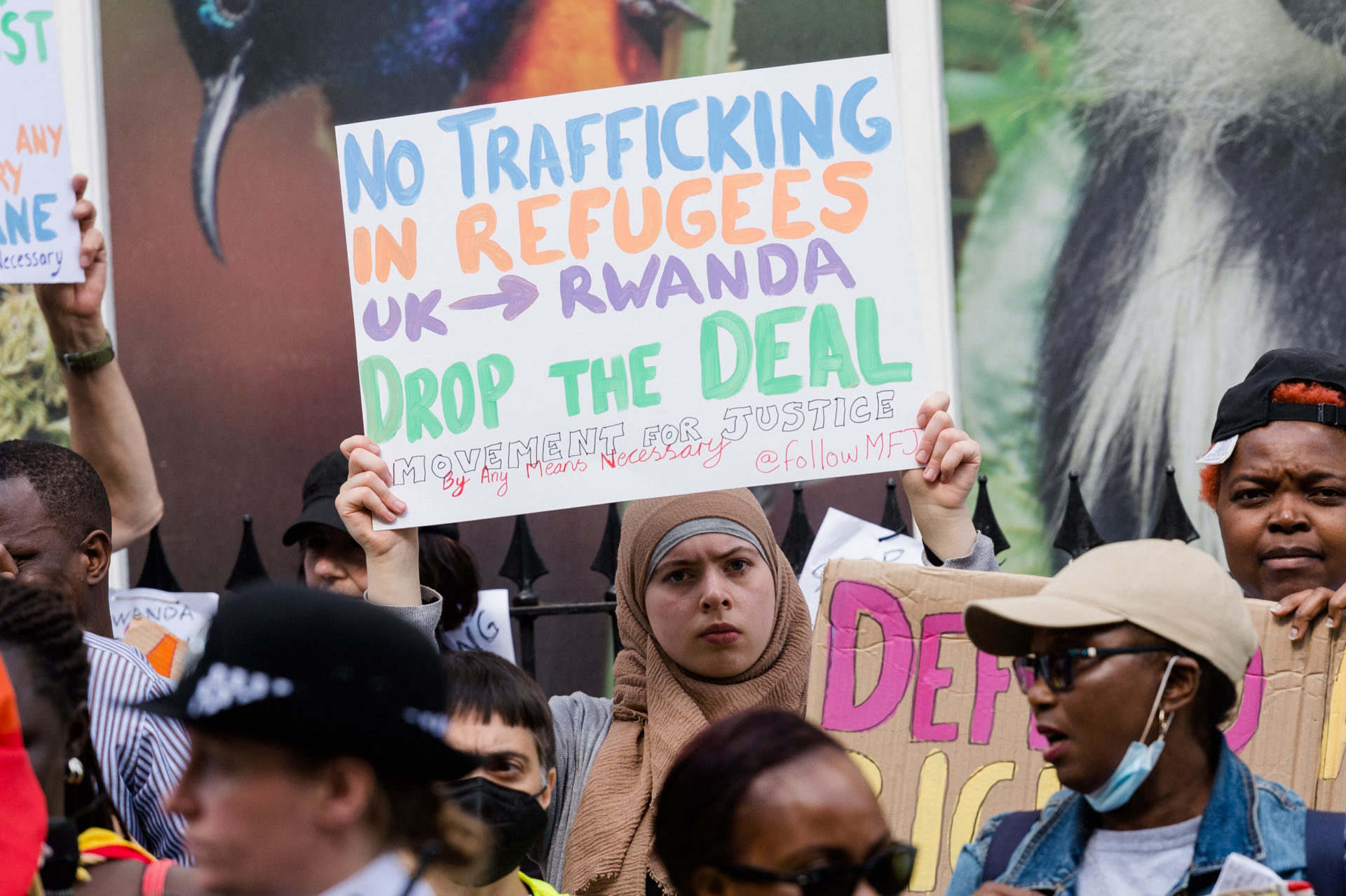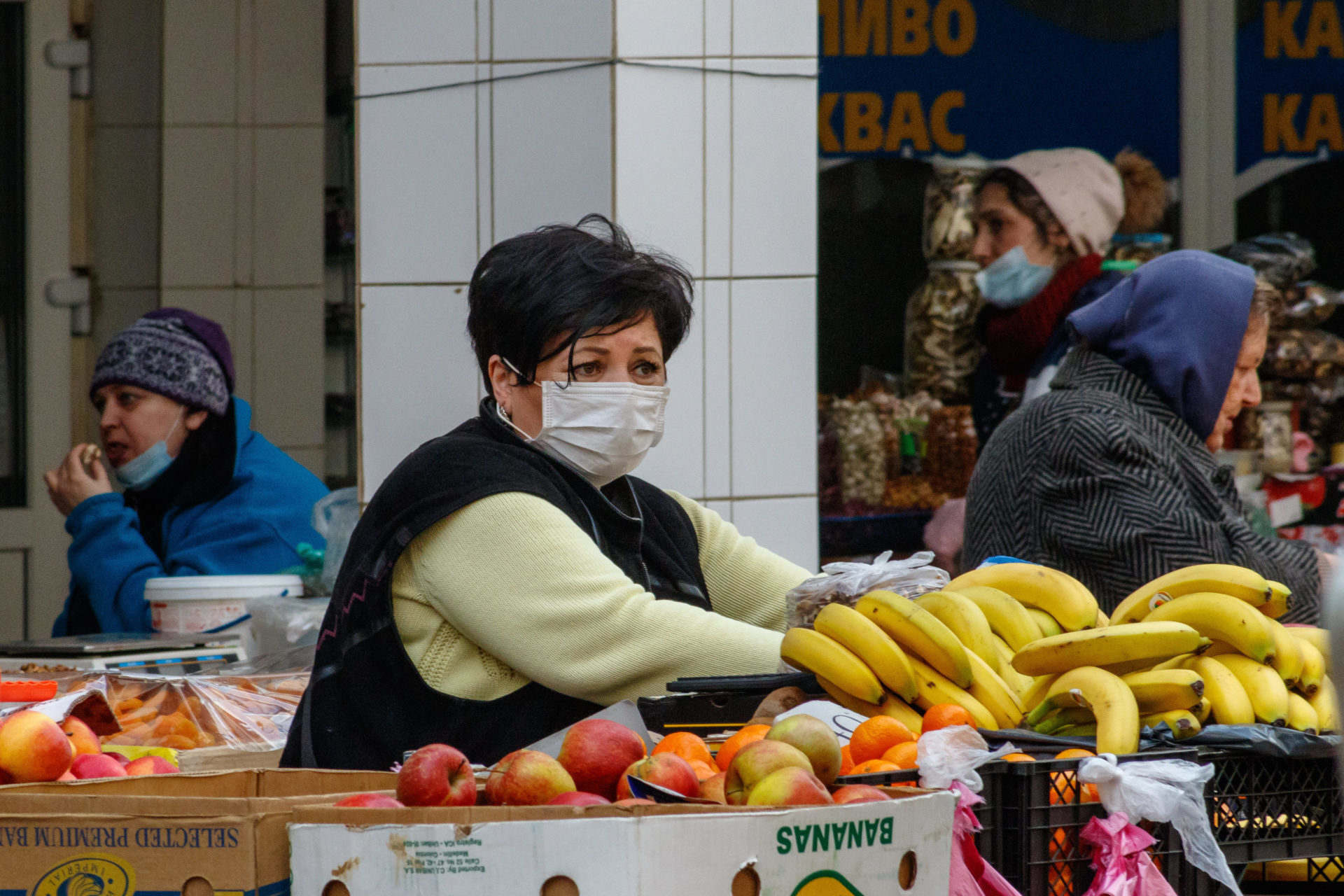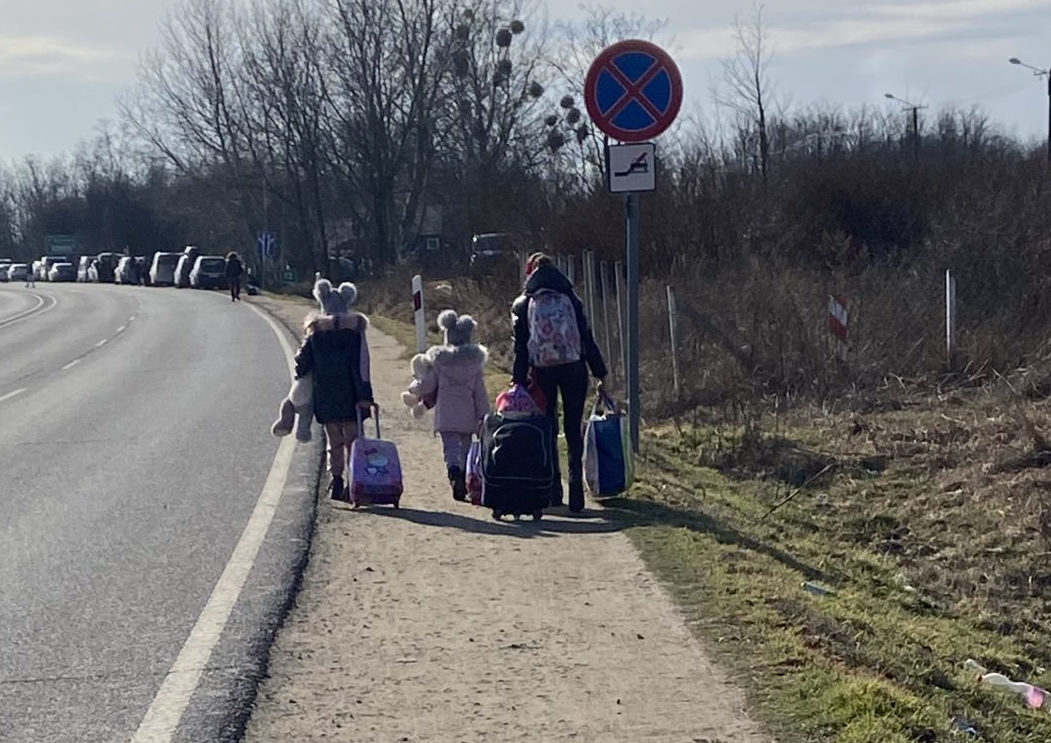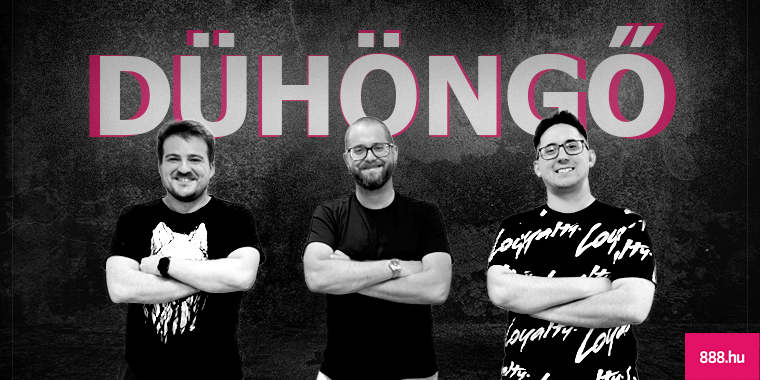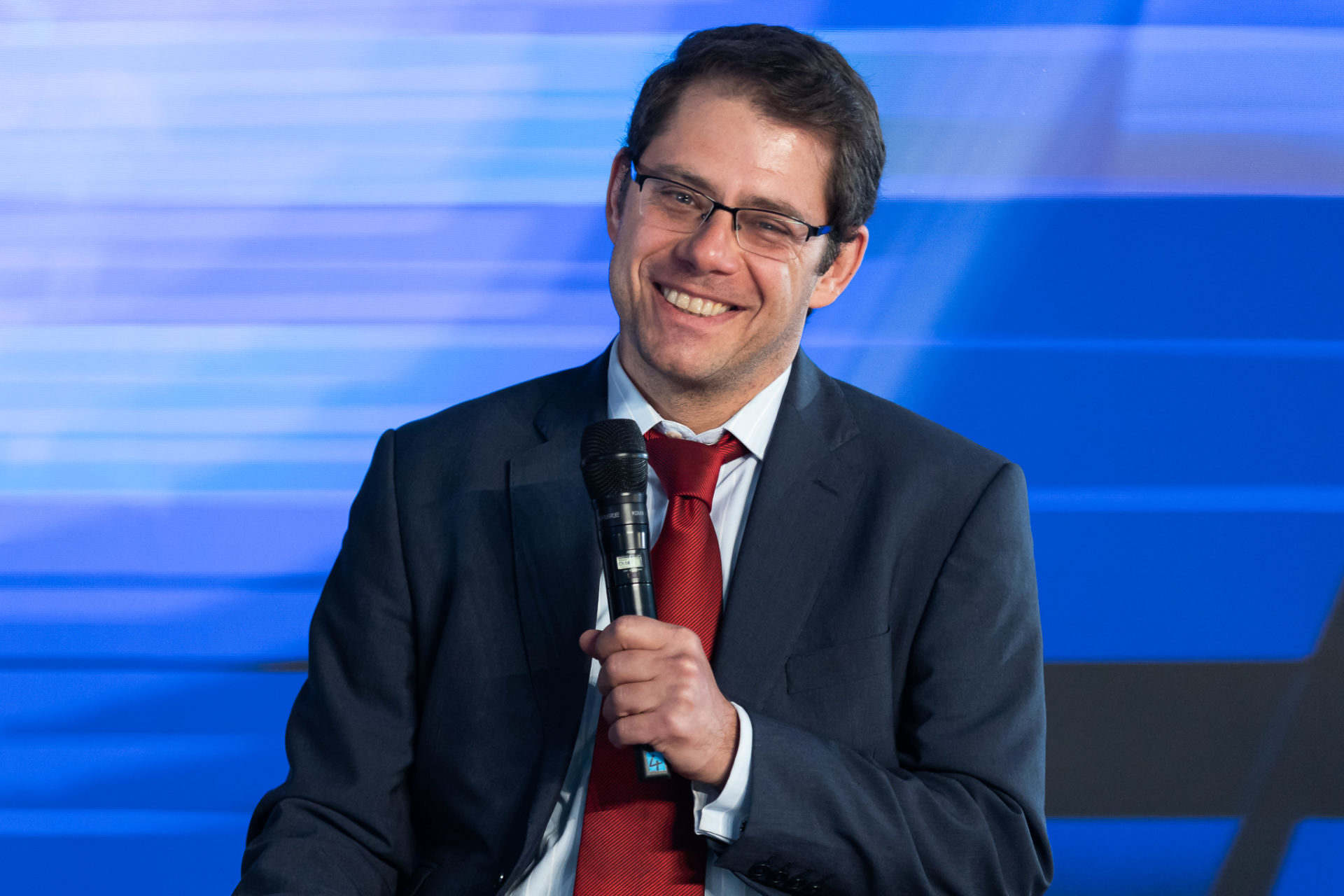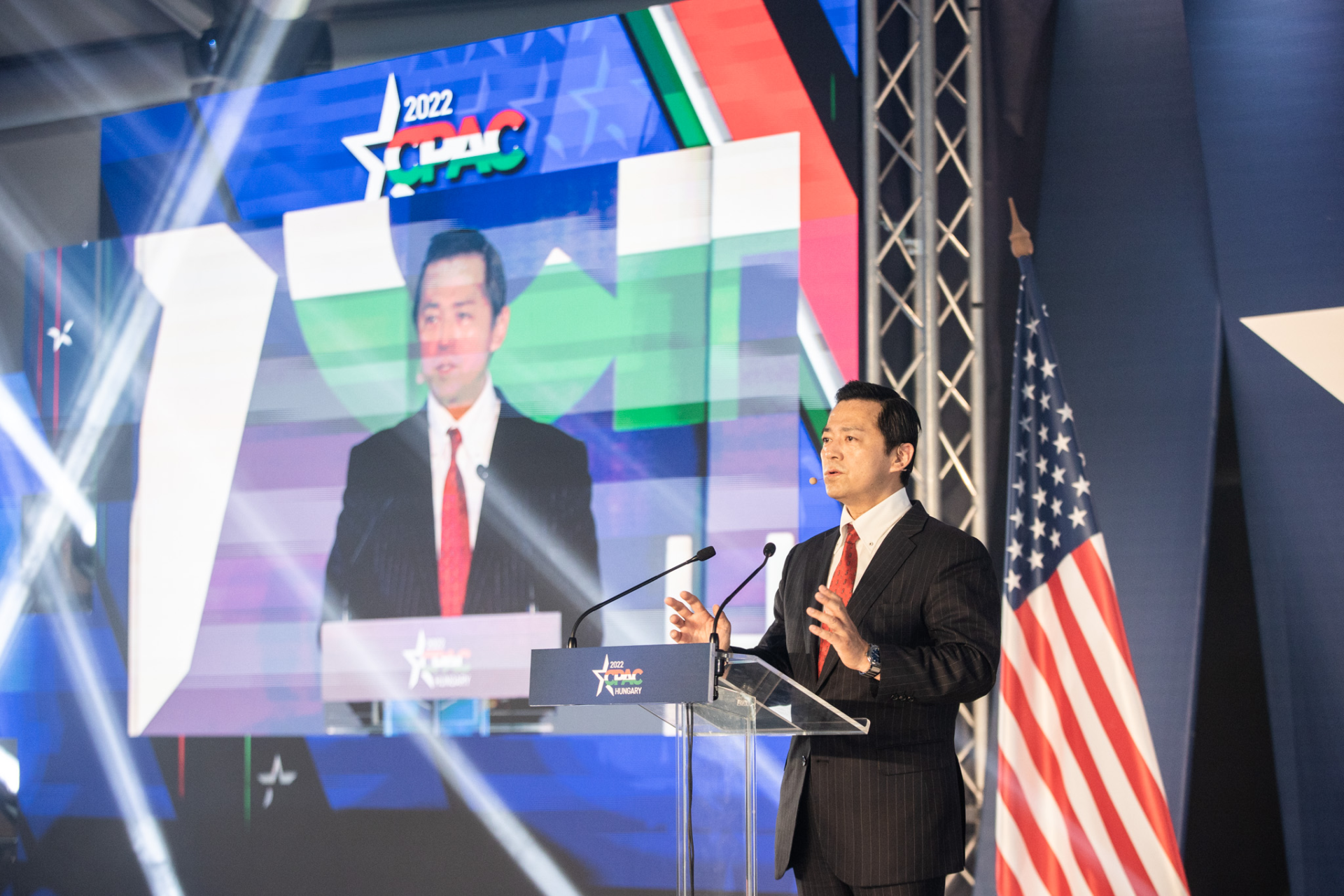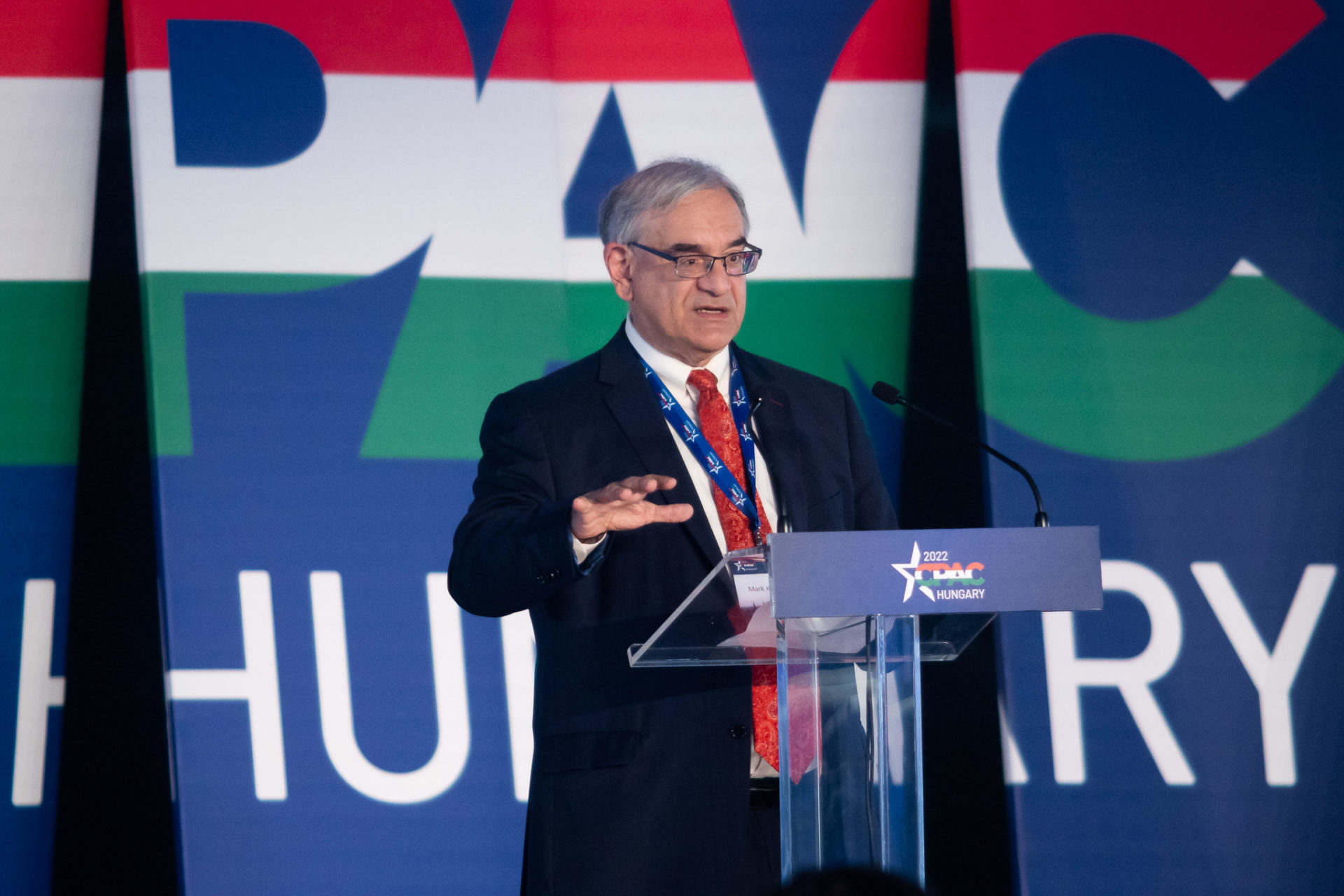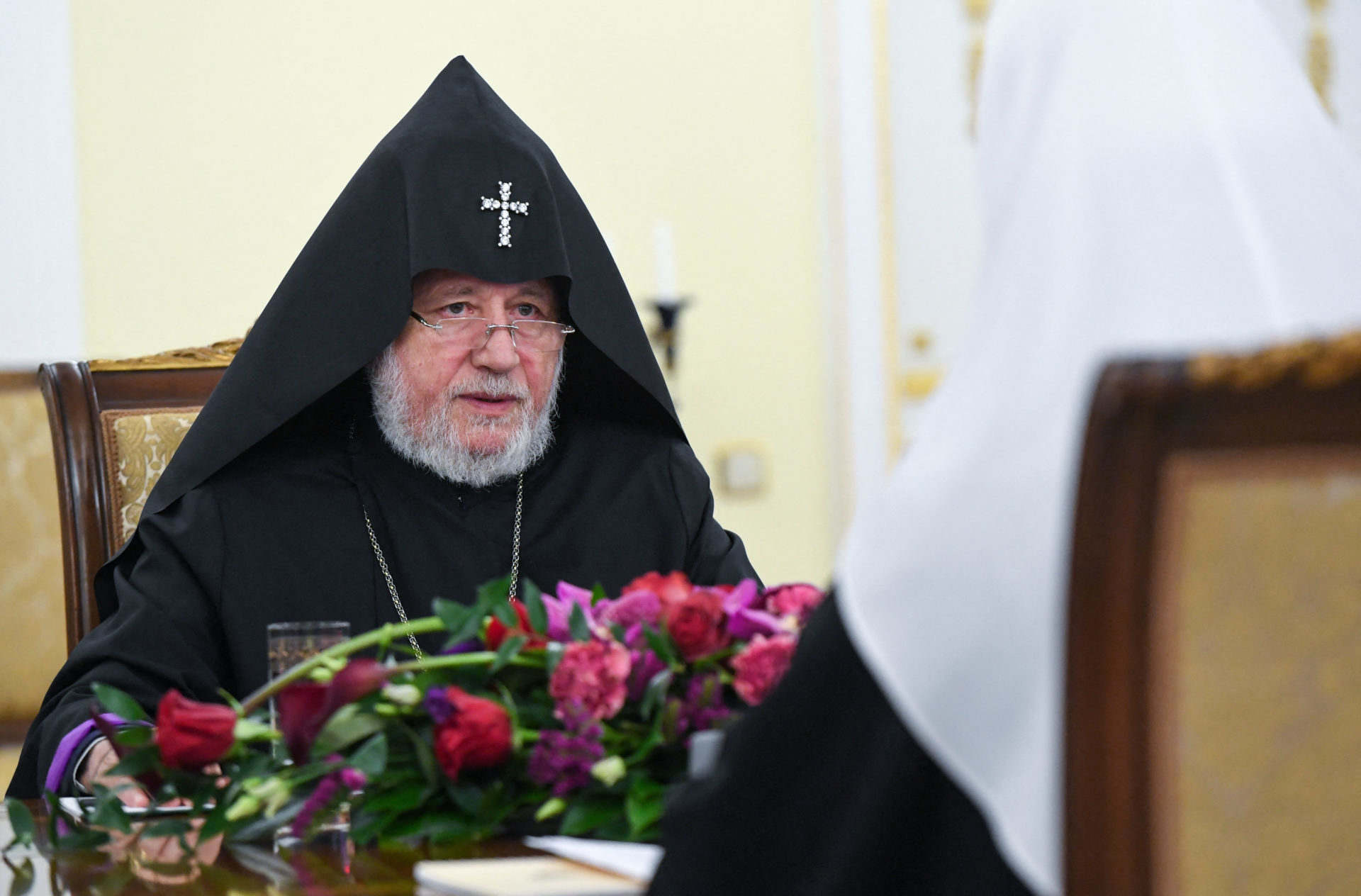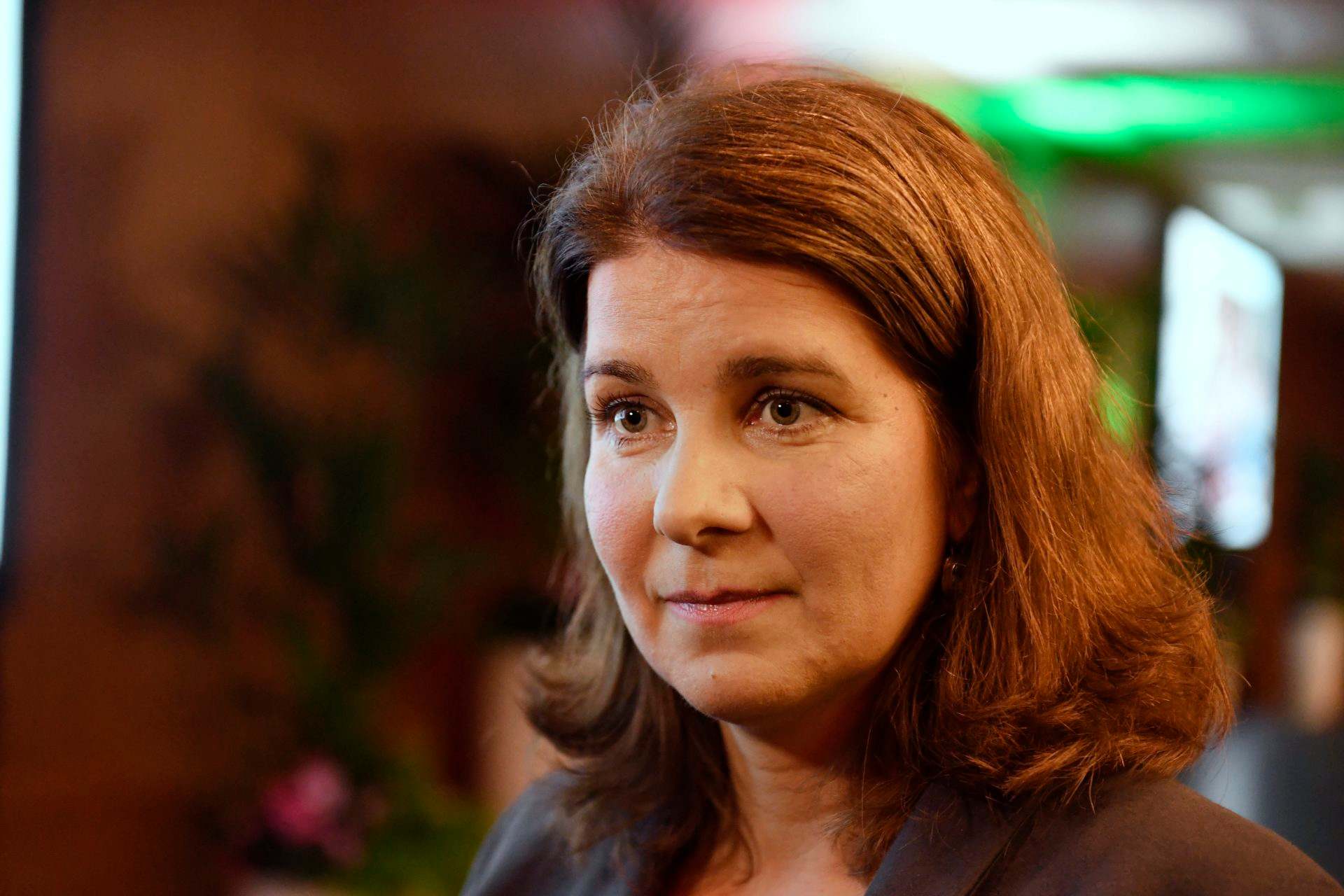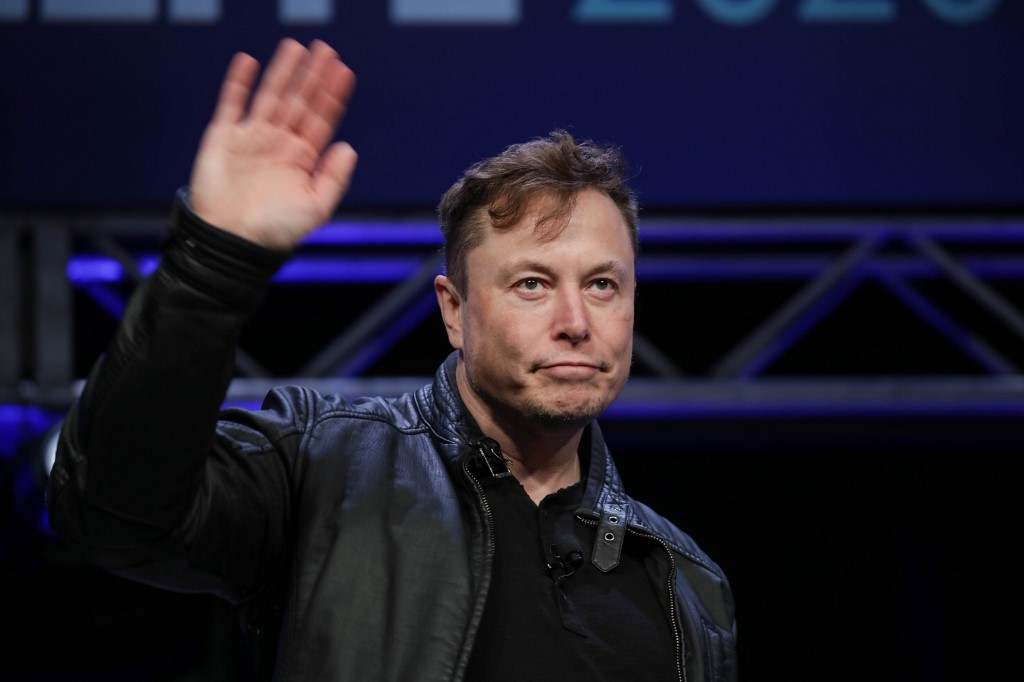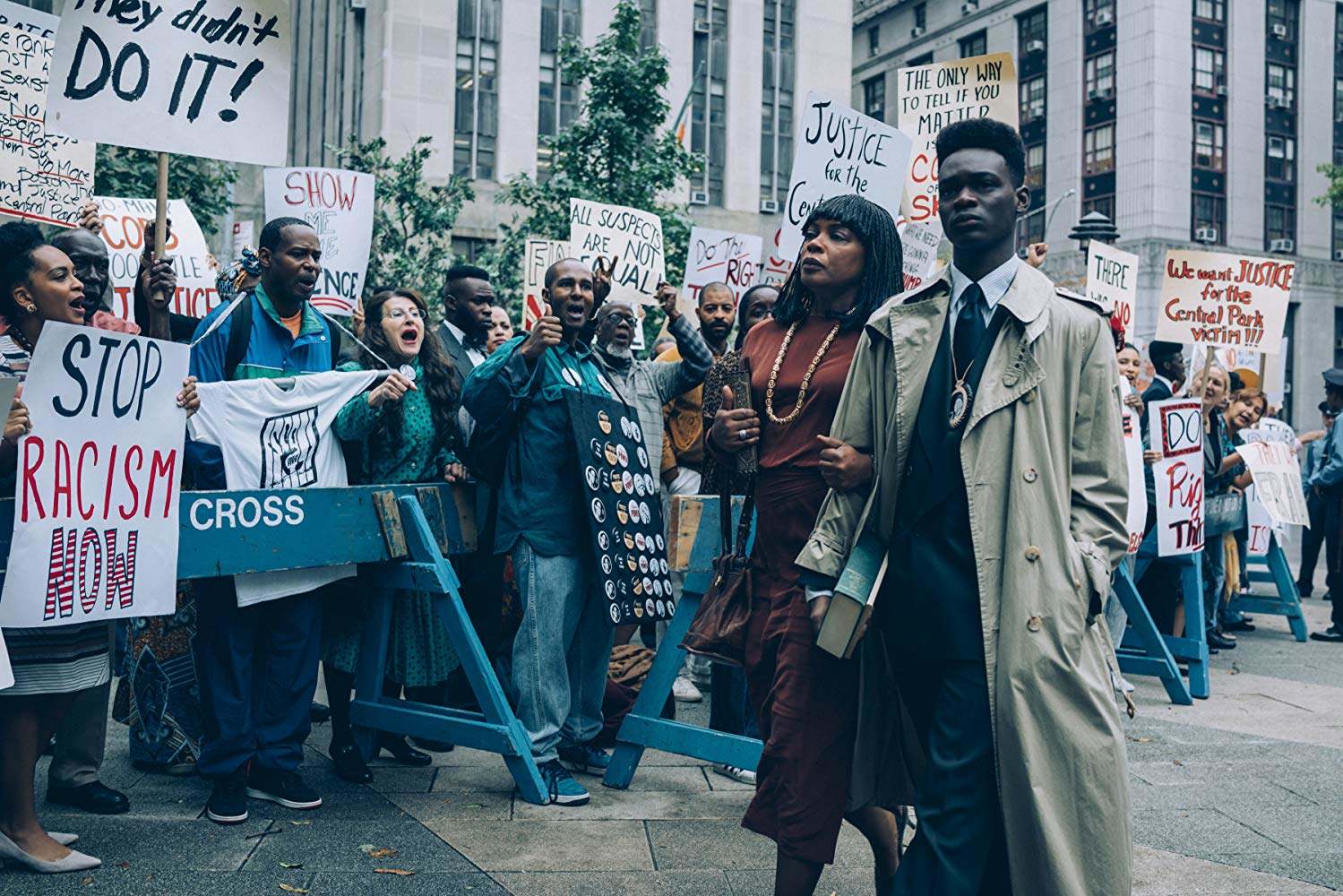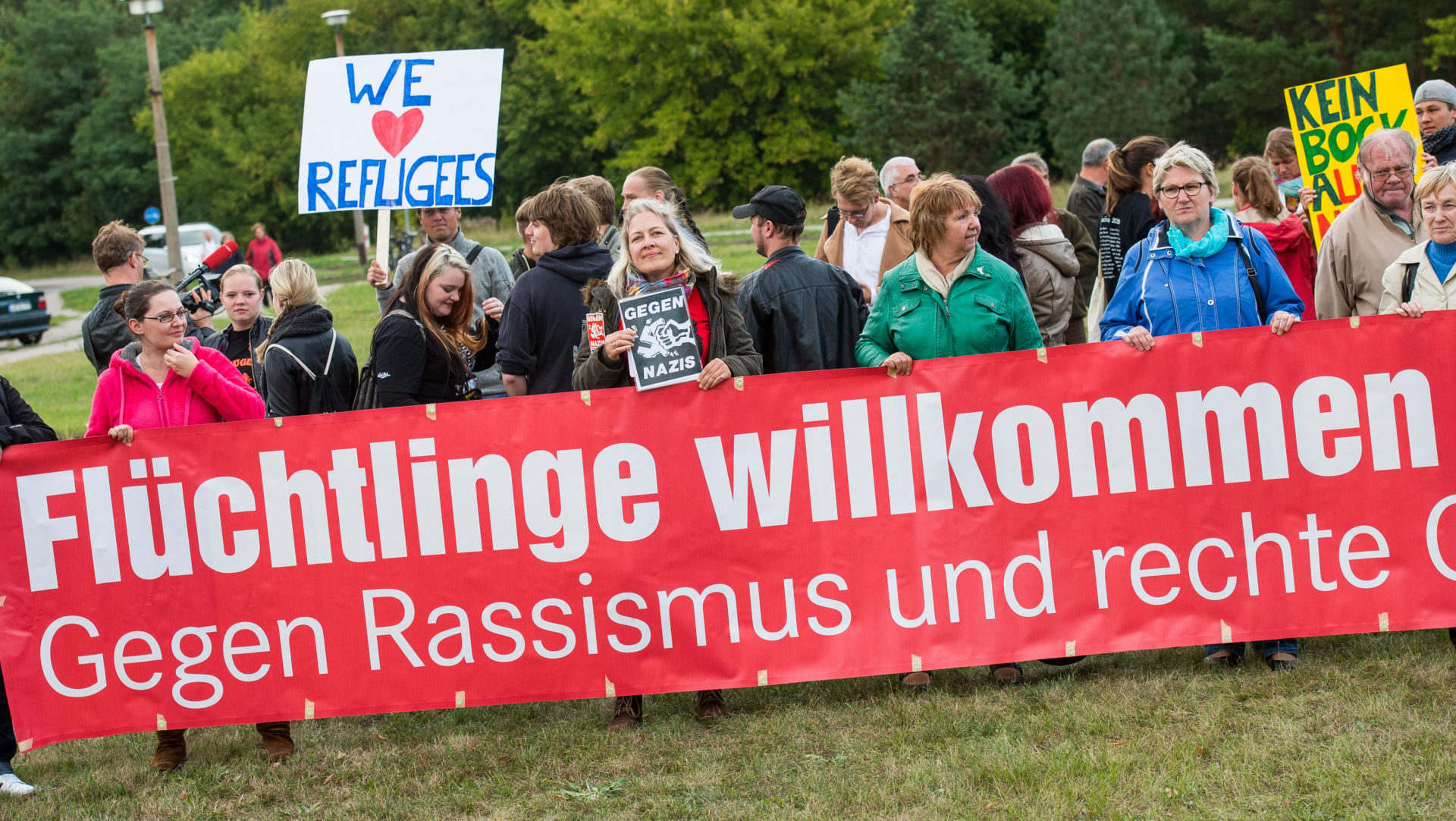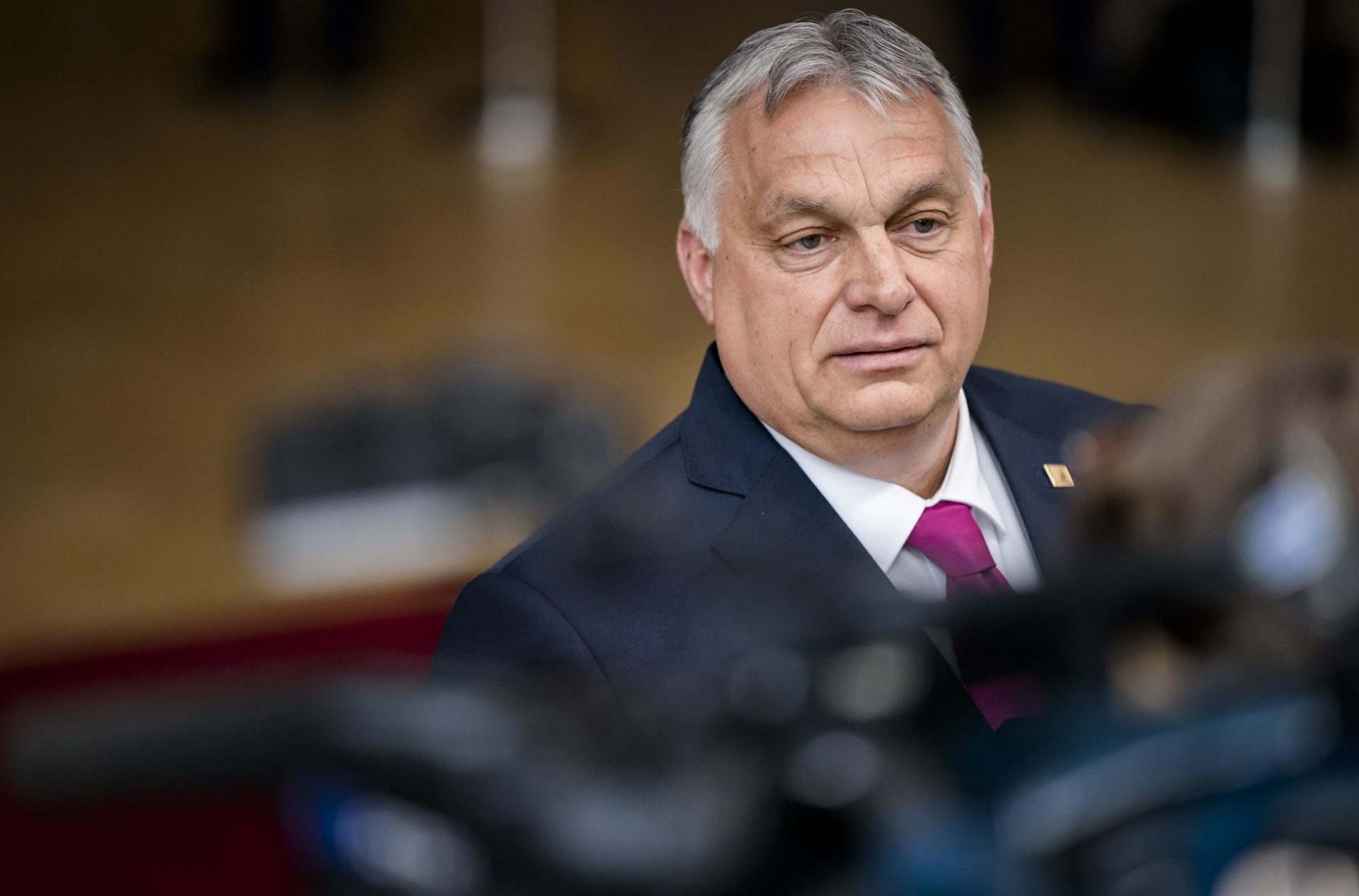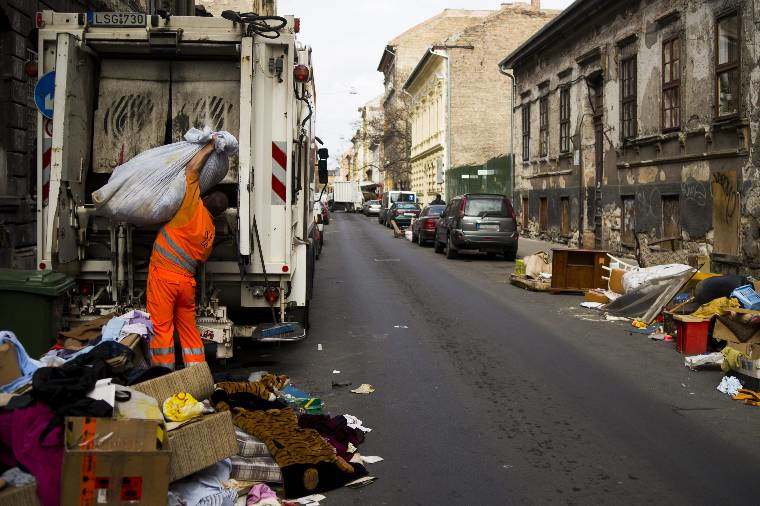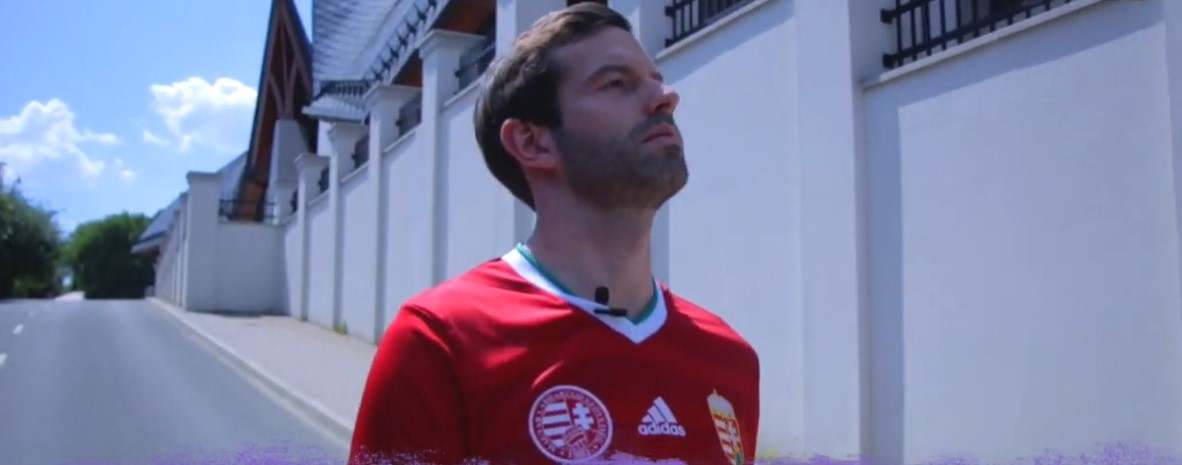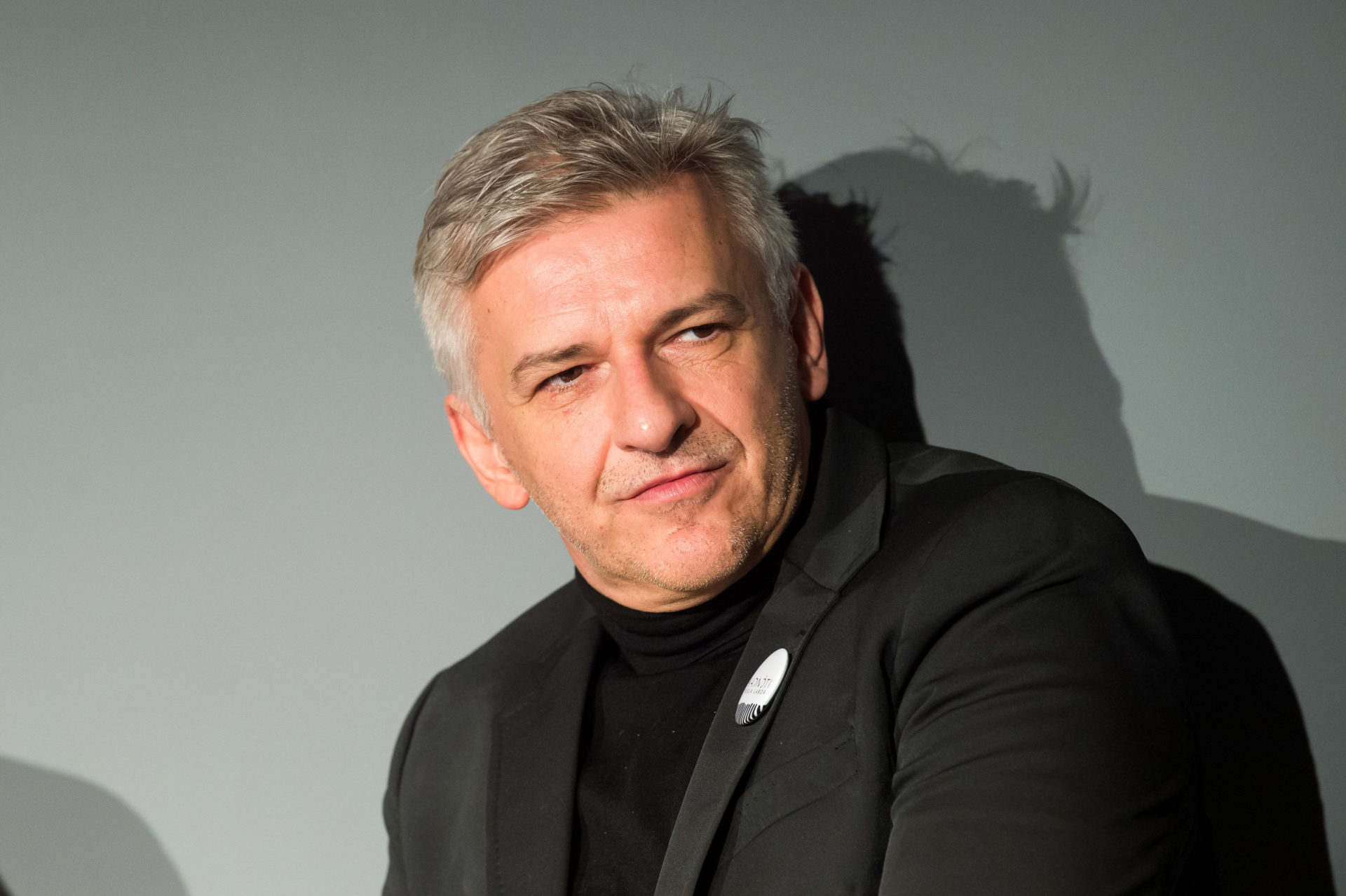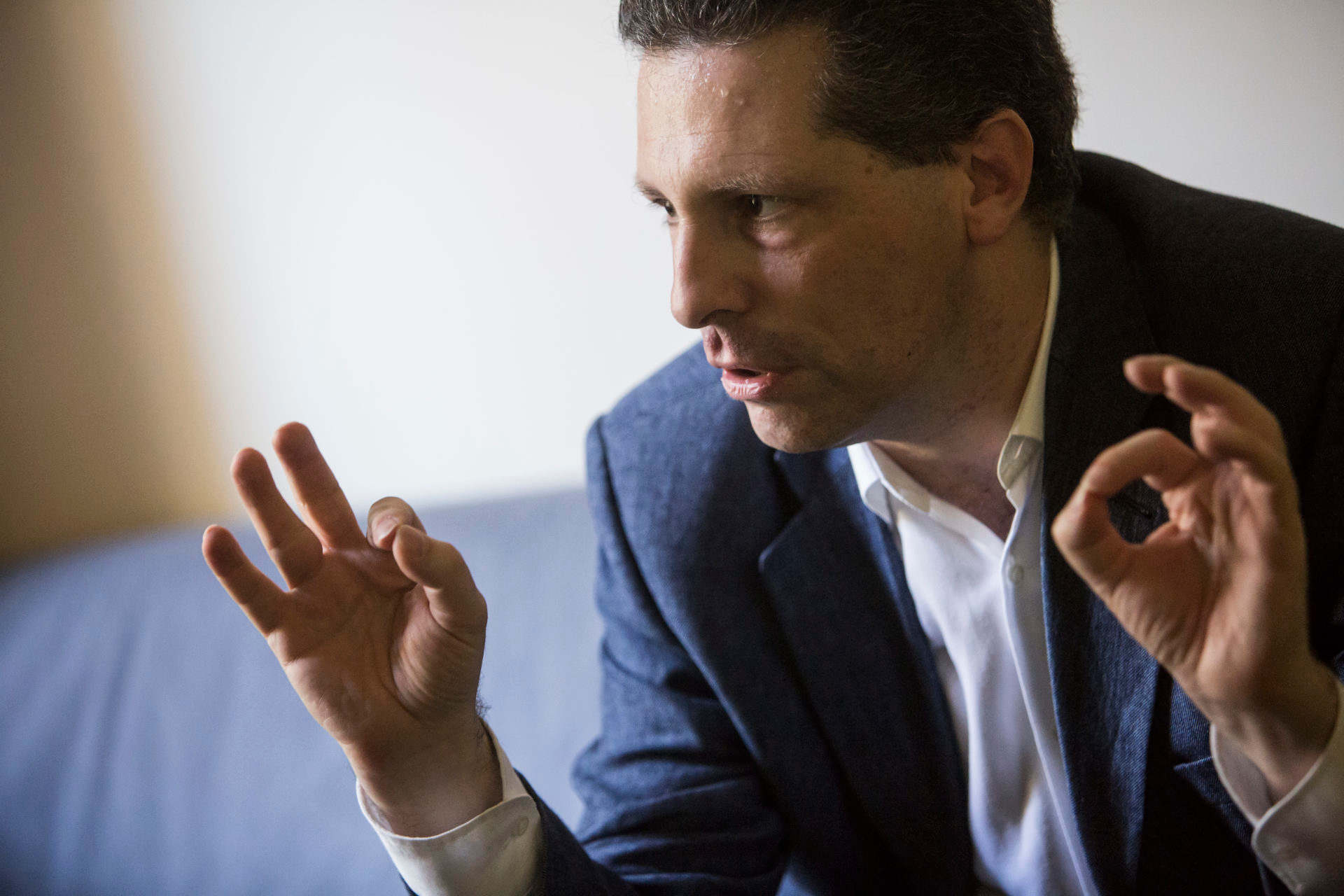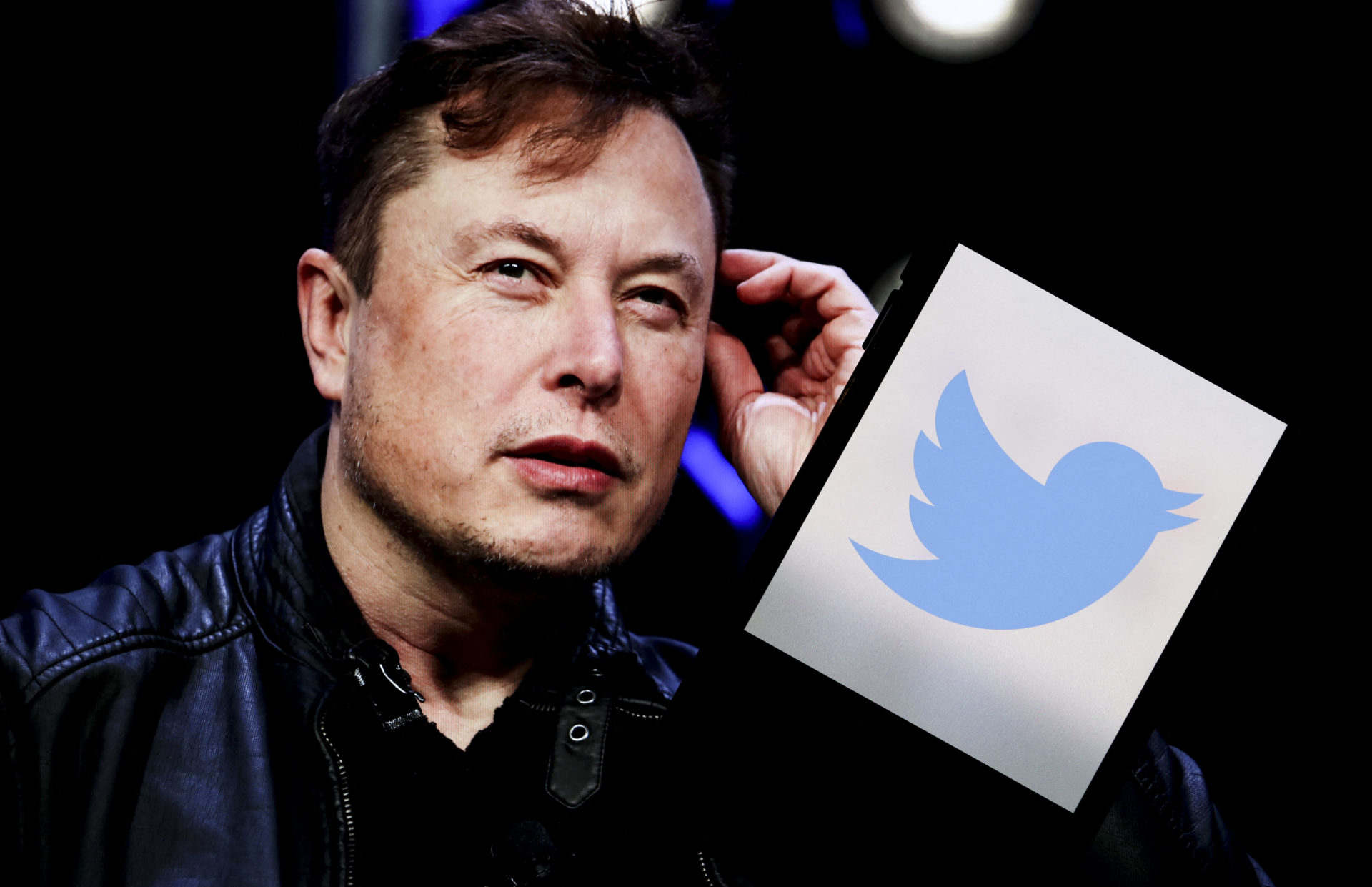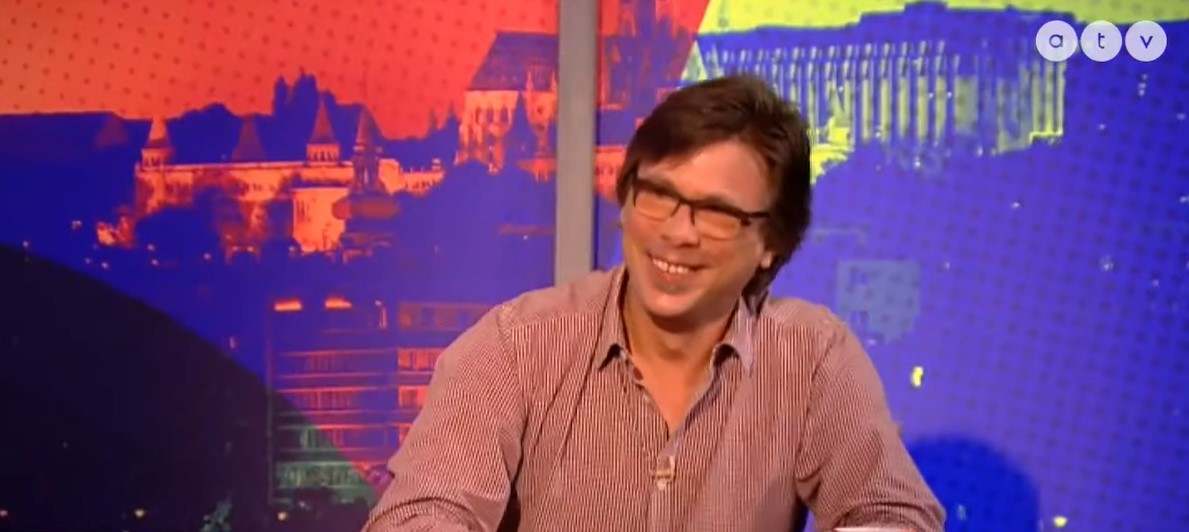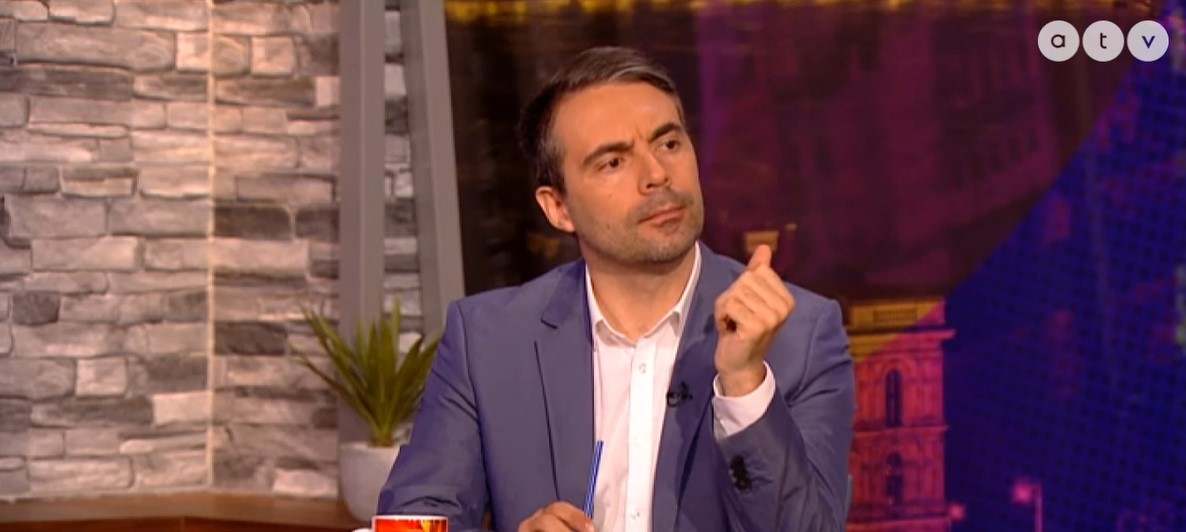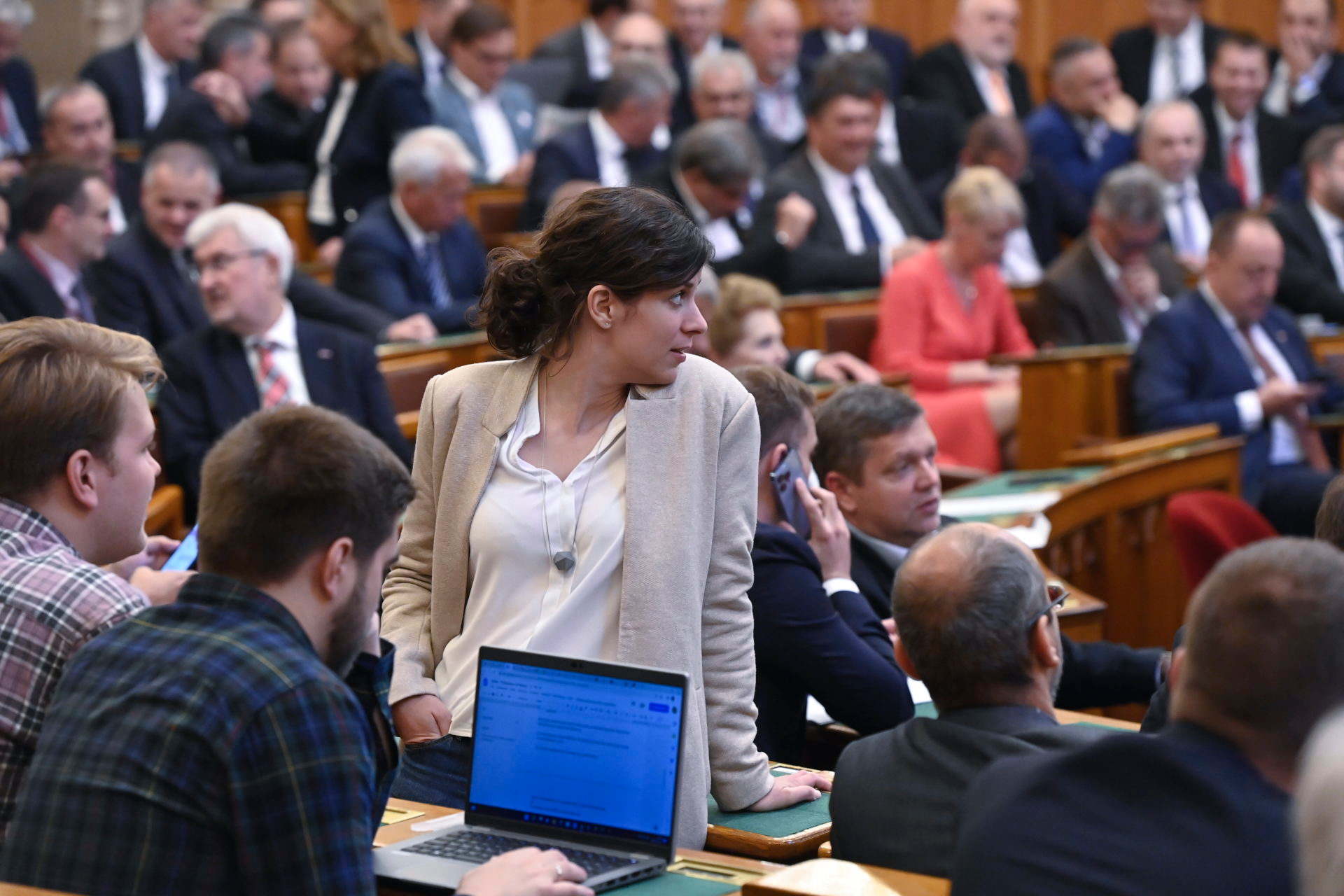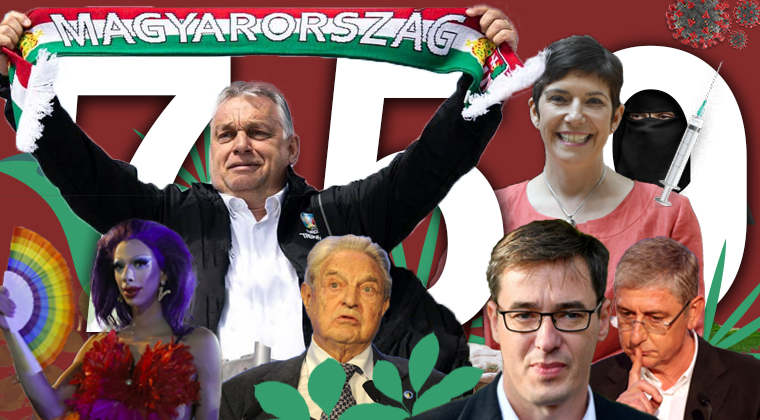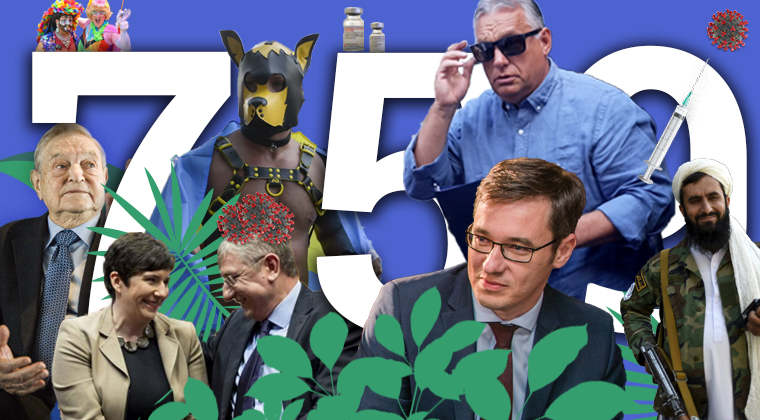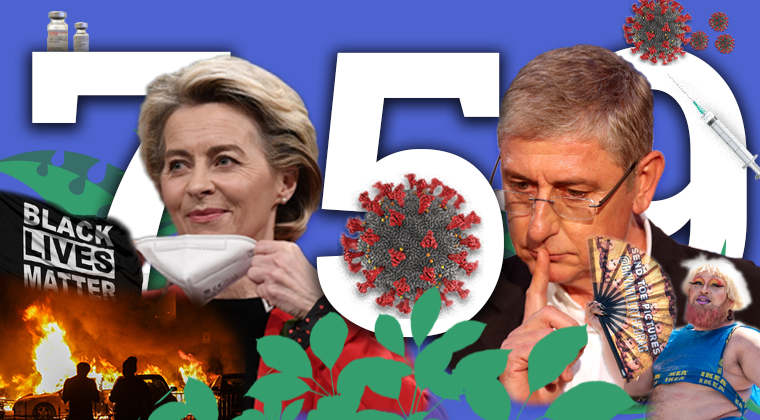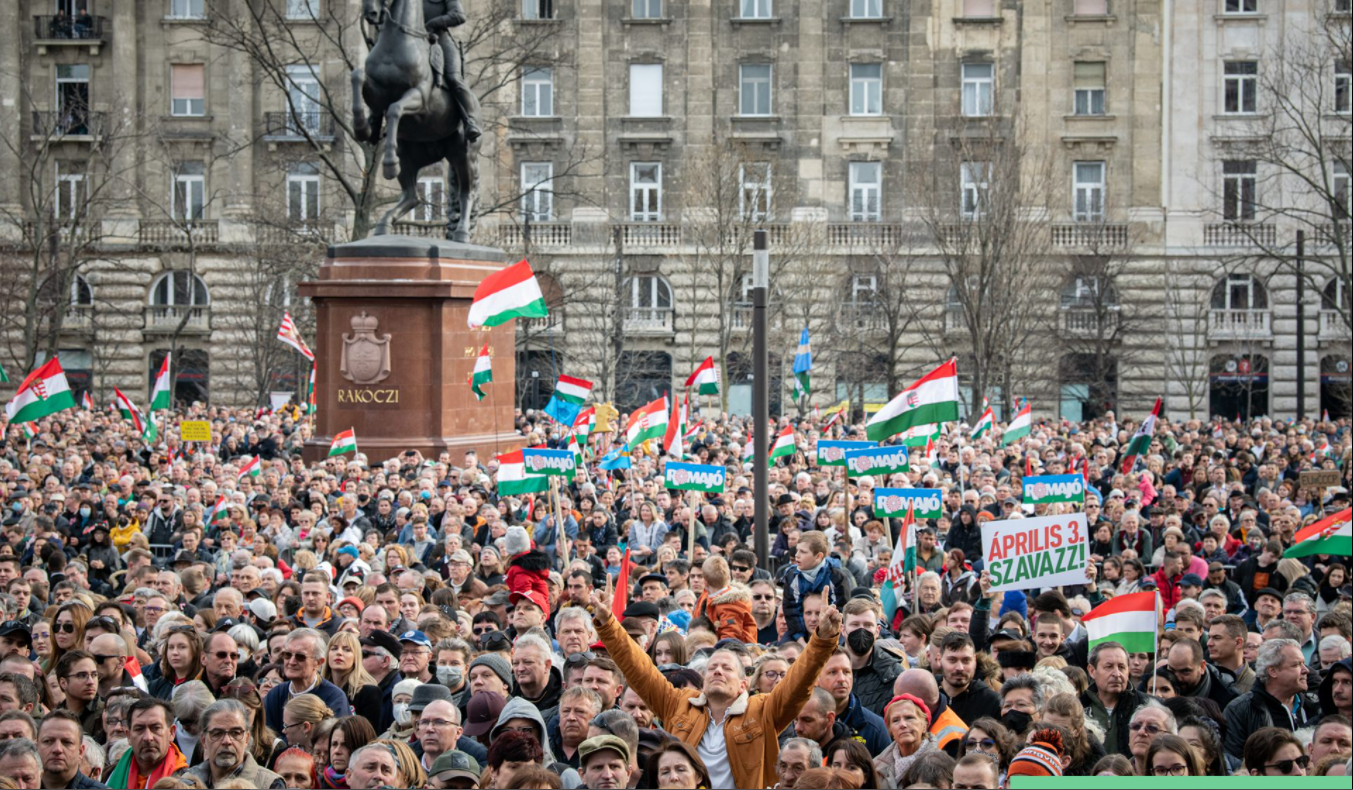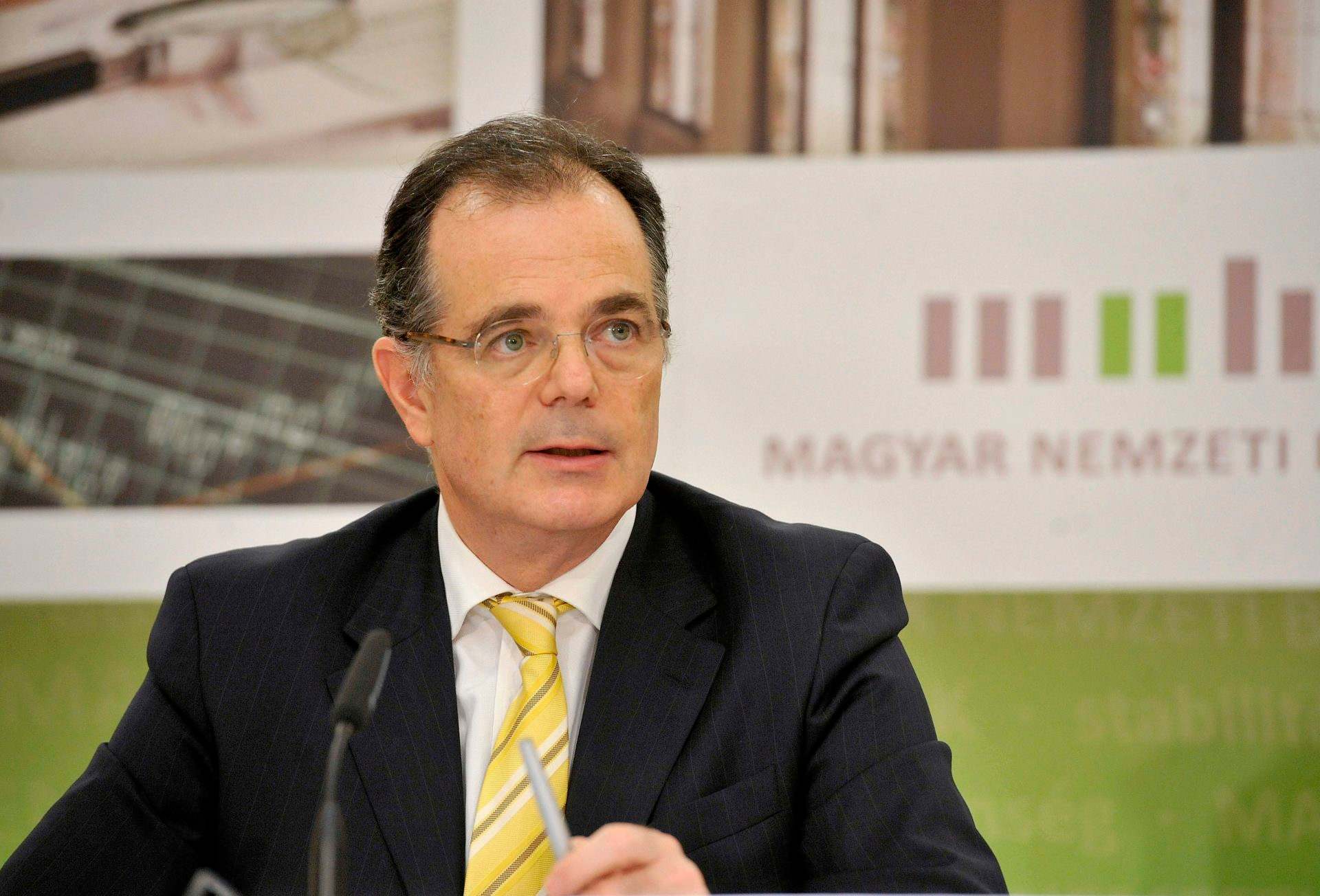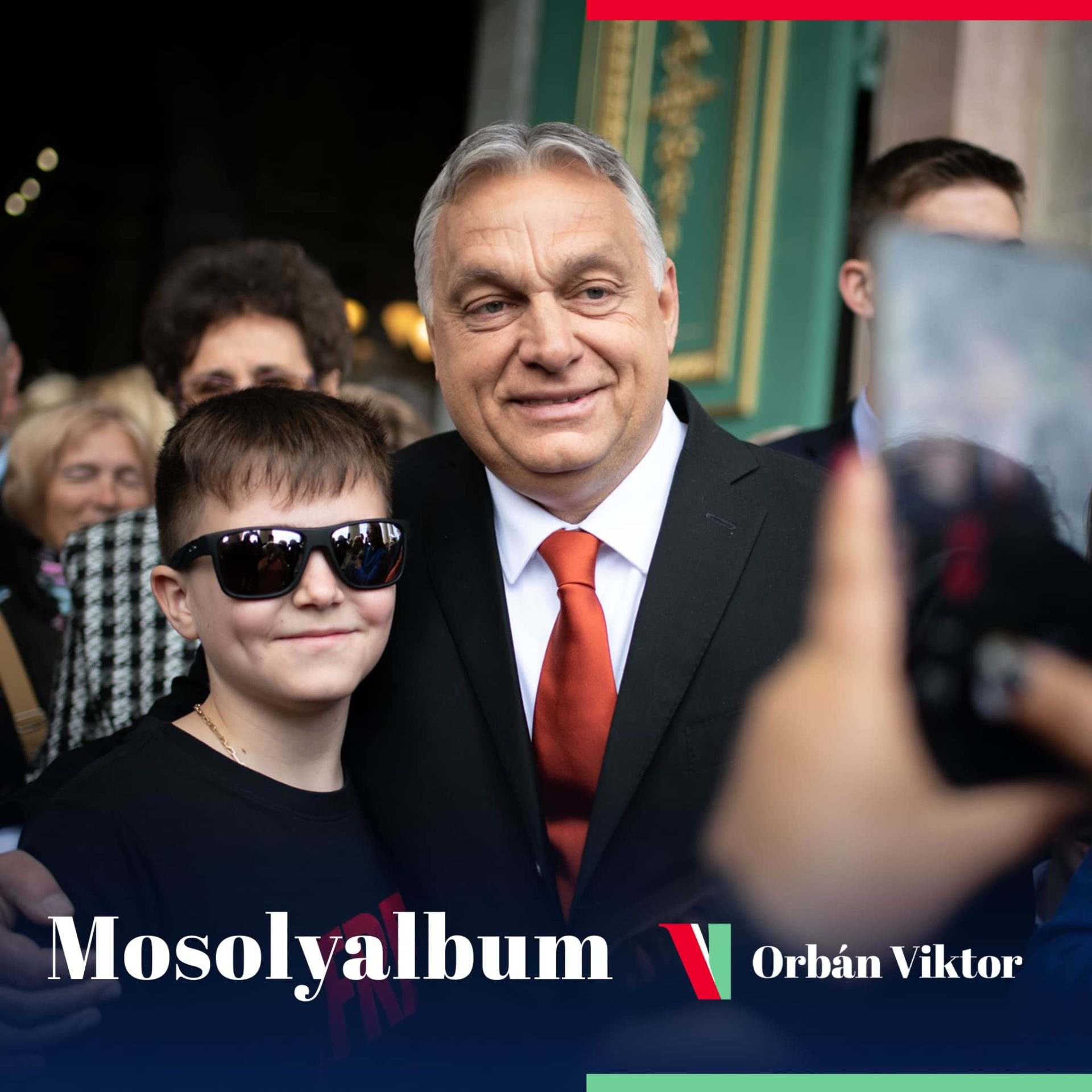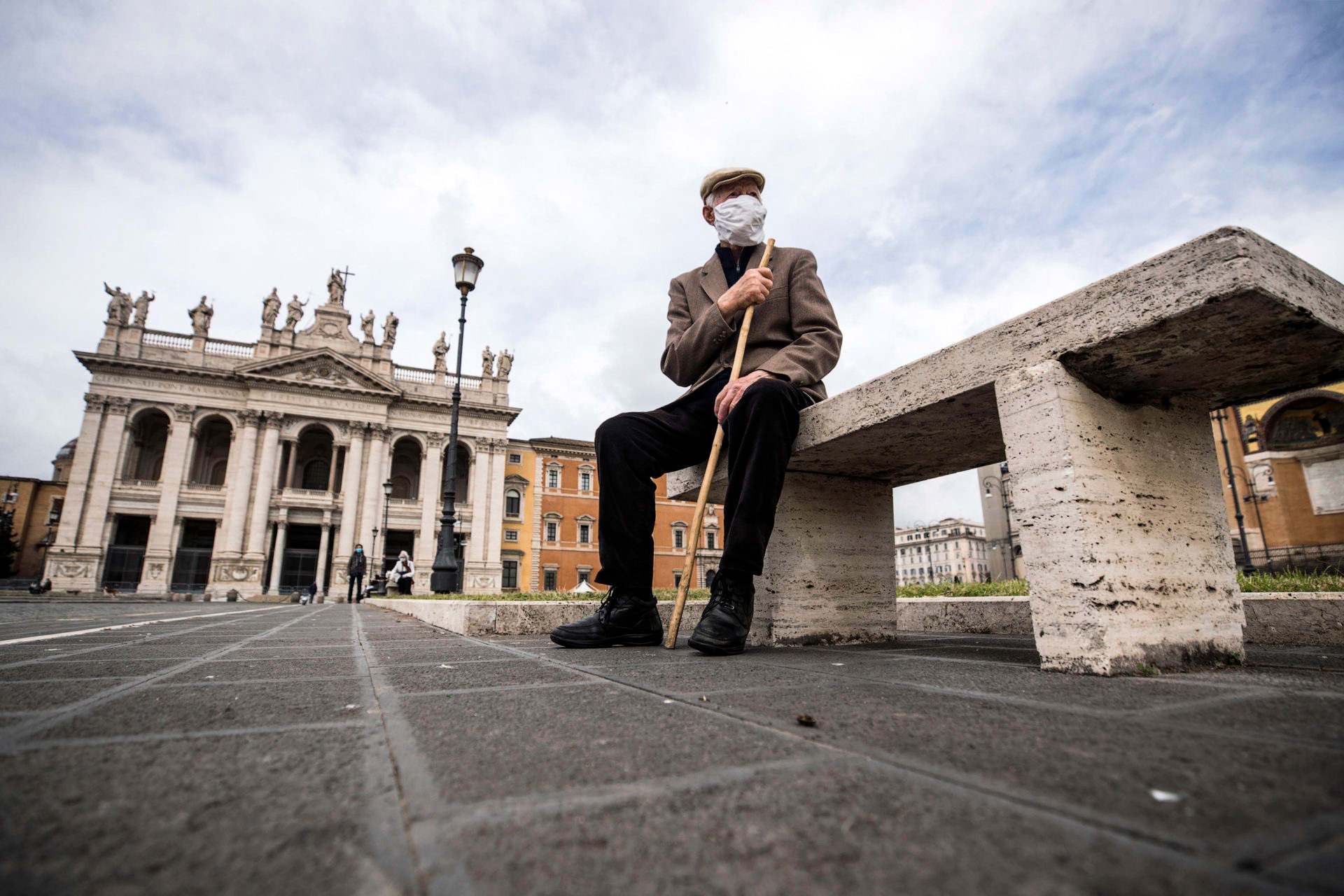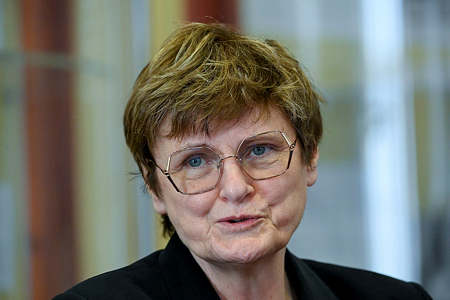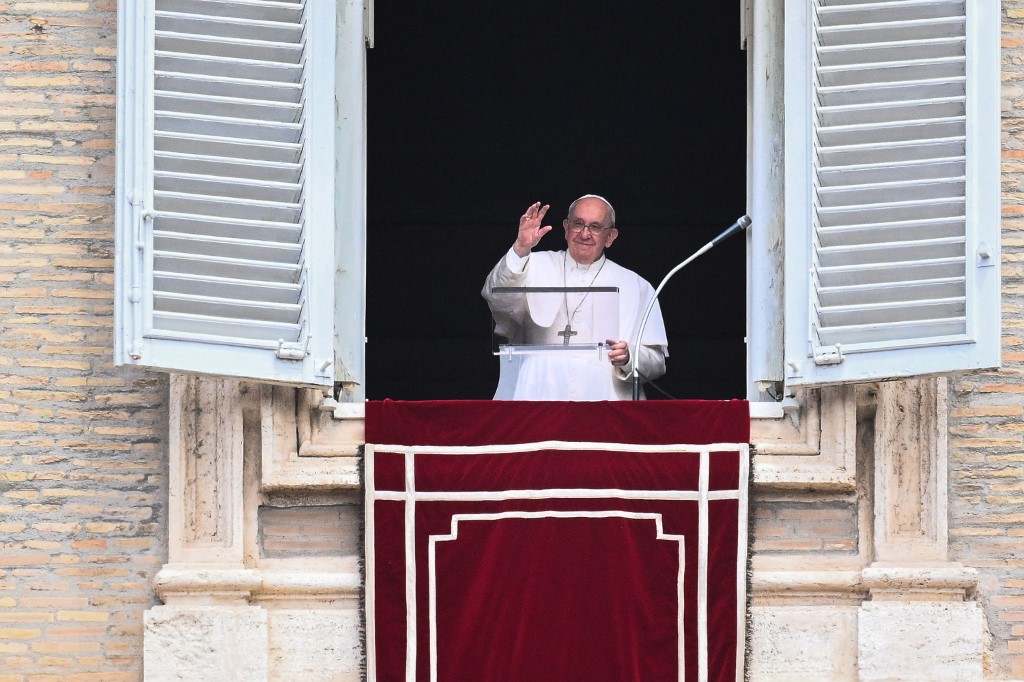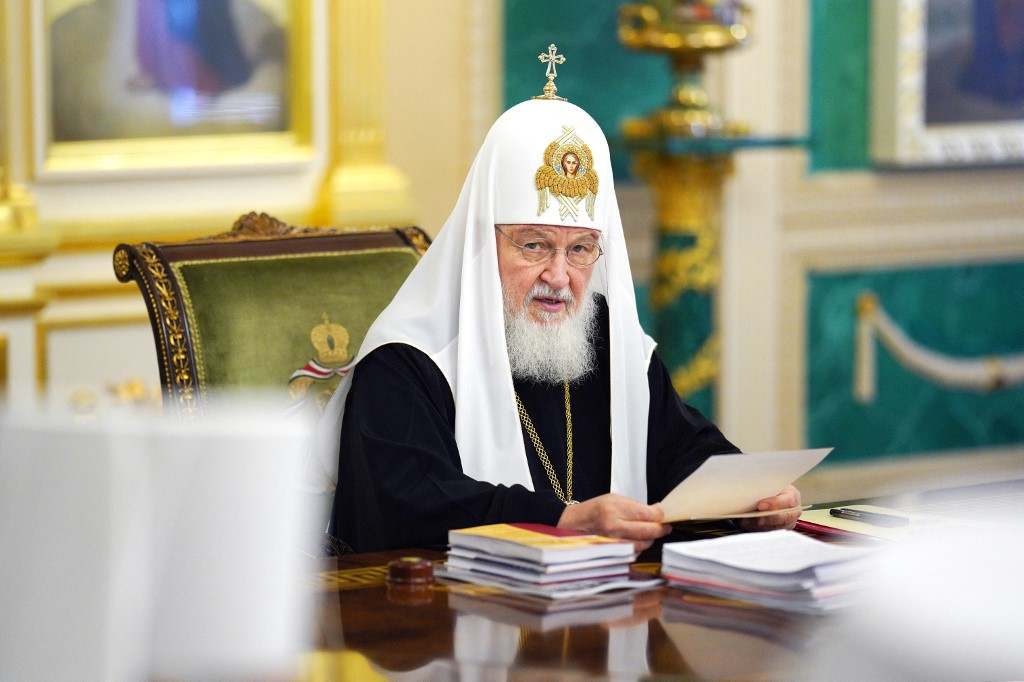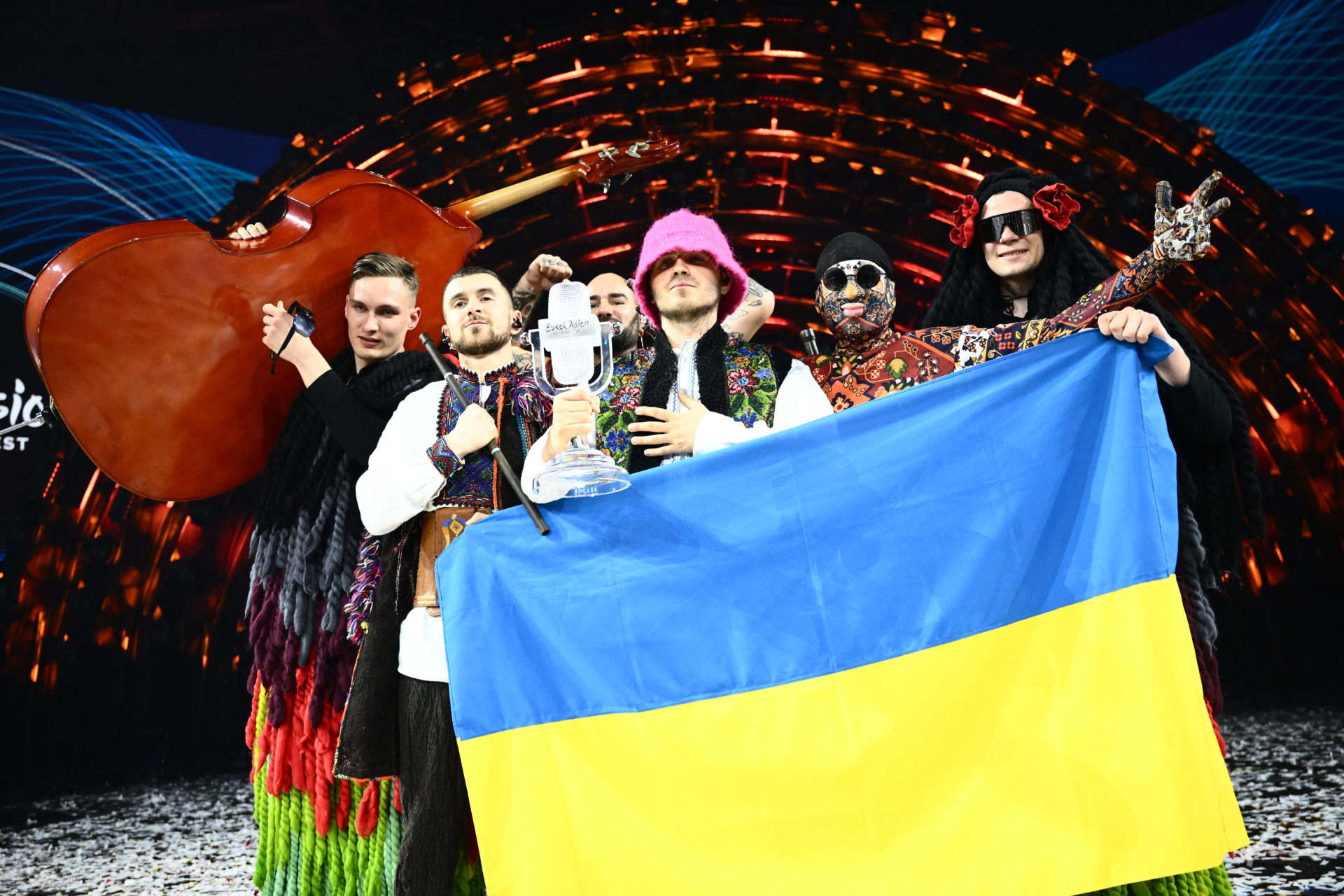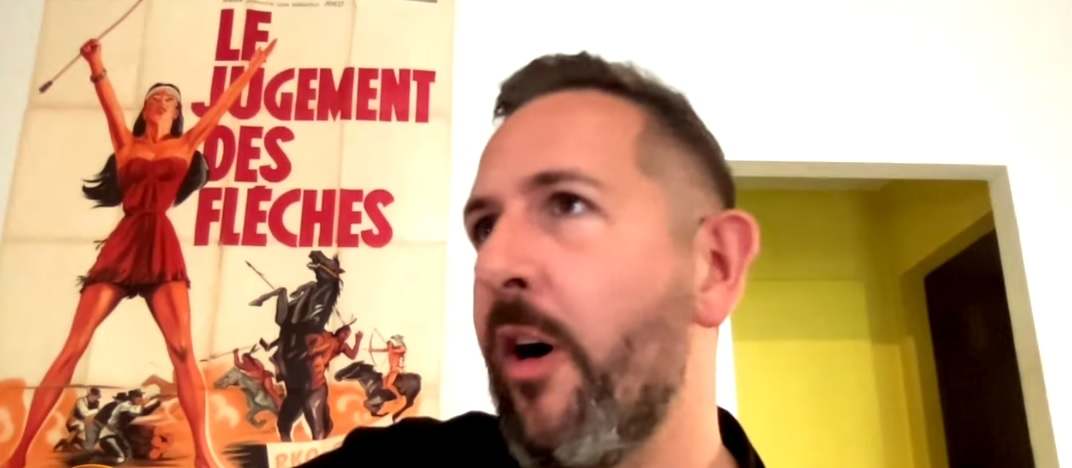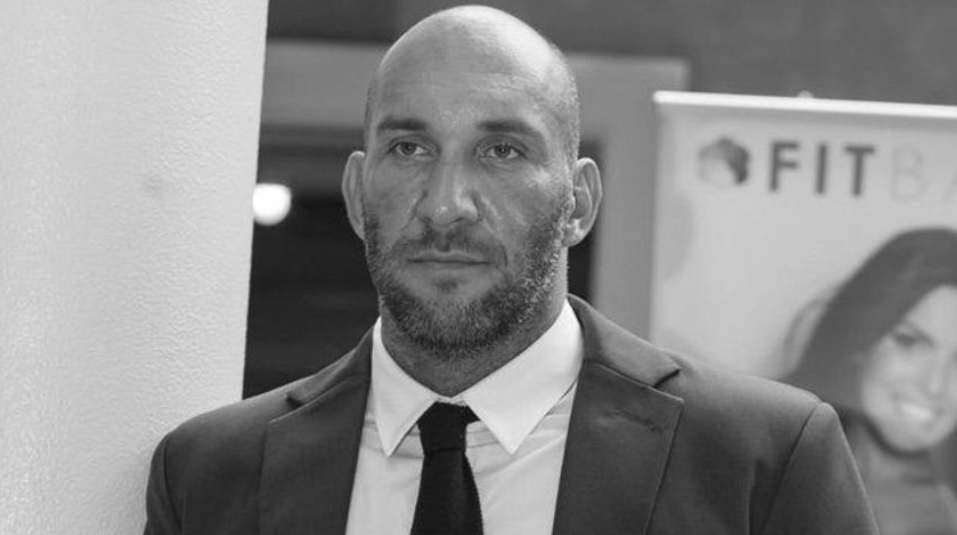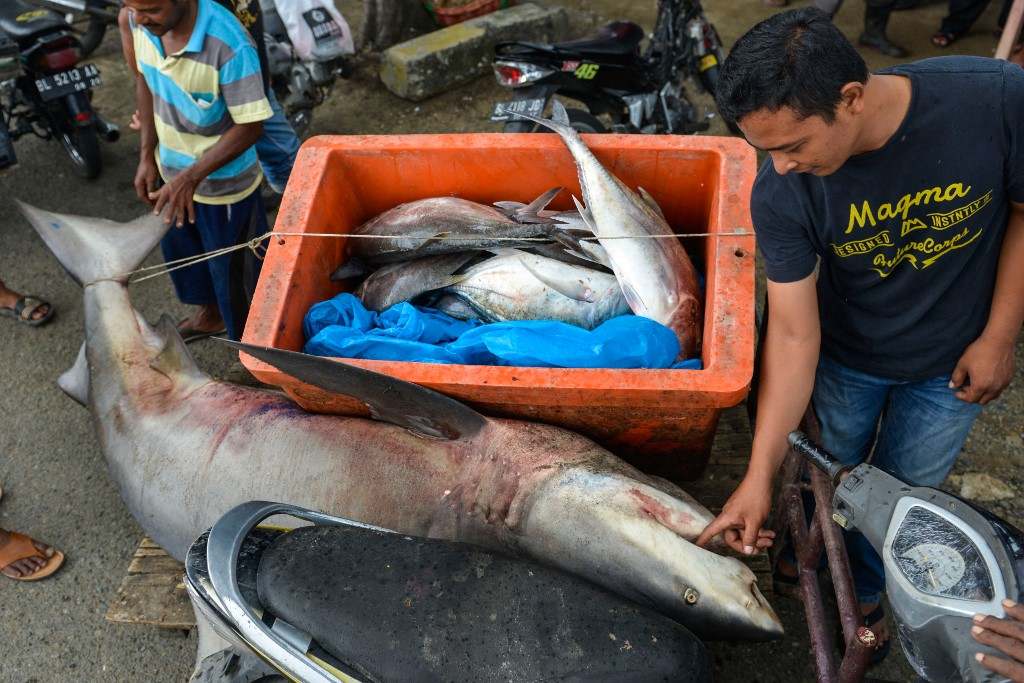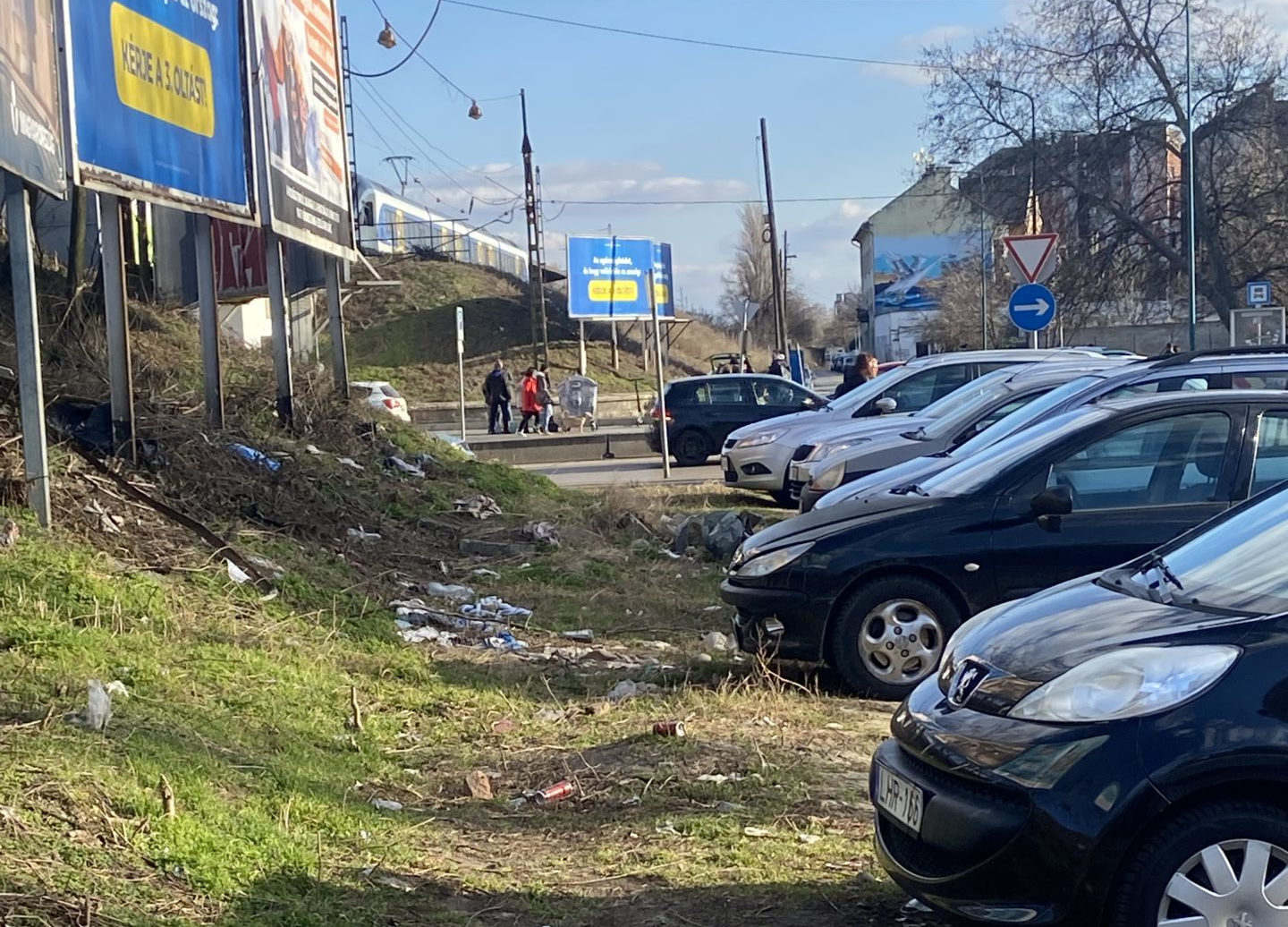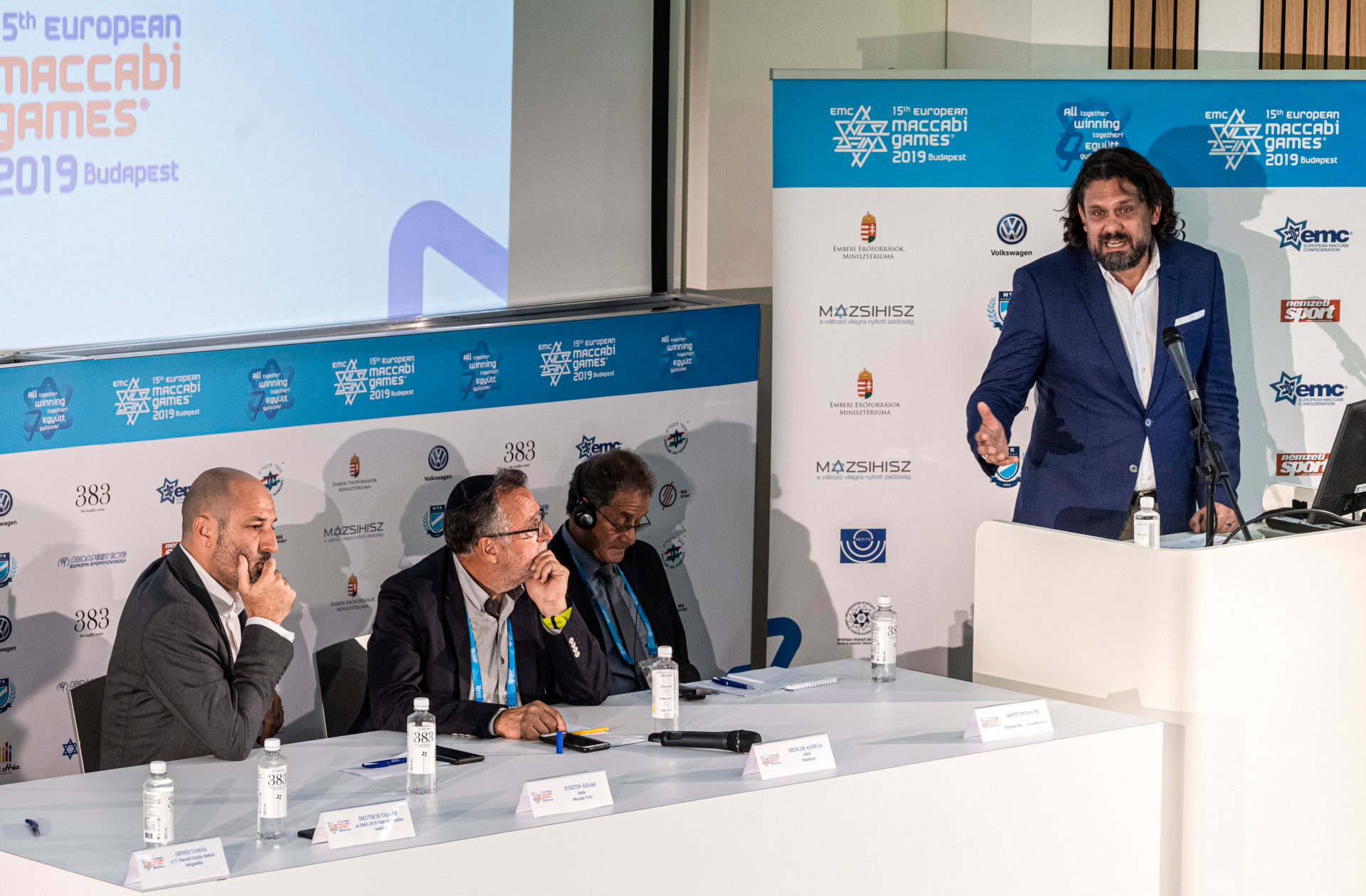How did Viktor Orbán become a force to be reckoned with?
2018.10.16. 12:15
Most recently, Viktor Orbán hit the headlines after the debate of the Sargentini Report, back in September. The report, written by European Green Party MEP Judith Sargentini, challenges Orbán’s government of posing a „systematic threat” to the EU’s fundamental principles. However, as we will see, the report contains not jut countless untruthful accusations aimed at the Hungarian PM, but also many attacks of a similar nature, begriming the hard working Hungarian people and their choices.
To fully understand this, we must take a closer look at the year 2015, when the migration crisis was at its pinnacle. In 2015, 2,4 million migrants came to Europe. According to Eurostat, 1,5 million immigrants arrived in Germany, 600 000 in the UK, 360 000 in France, 350 000 in Spain and 280 000 in Italy.
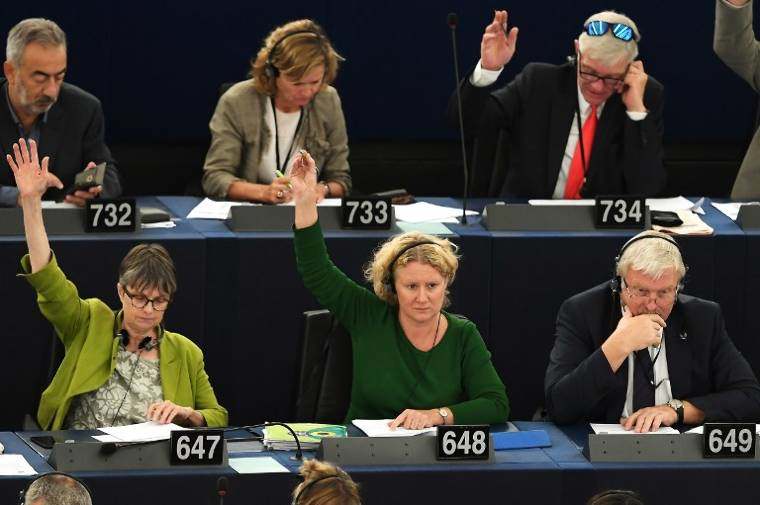
German Chancellor Angela Merkel’s government, through tweaking the rules on immigration, allowed the acceptance of these migrants into Western Europe. The decision to welcome them was then generally accepted by the EU as well; however, it had severe consequences. Terrorist attacks, stabbings and rapes became too frequent, integration failed utterly and the economic boom that the European elite hoped to witness by accepting young immigrants was nowhere to be found.
Orbán was one of the first politicians to take a different approach. At the end of August 2015, the Hungarian government built a fence that was able to stop illegal mass migration from entering Hungary through the border shared with Serbia. As Orbán said in an interview back then for German news outlet Frankfurter Allgemeine Zeitung,
Europe’s response is madness. […] Irresponsibility is the mark of every European politician who holds out the promise of a better life to immigrants and encourages them to leave everything behind and risk their lives in setting out for Europe. If Europe does not return to the path of common sense, it will find itself laid low in a battle for its fate.”
Curiously, the terrorist attacks never happened in Hungary, no incident has occurred similar to the one in Cologne in 2016, and no one was forced to accommodate their lifestyle in favour of the newcomers.
Not only did Hungary defy Brussels in the approach to the migration crisis, but the country came up with a viable alternative model regarding boosting its own resources. Orbán stressed the importance of providing financial aid to families, emphasized Christian values and made it possible for the Hungarians to decide who gets to live in their nation. But the EU adopted a completely different approach. The European elite believed the burden of migration should be shared, and the demographic crisis of the continent should be solved by inviting more and more young people – mostly males - from the Middle East and Africa.
As time went by, it became clear that Orbán was right. Besides Poland, Slovakia and the Czech Republic, Italy, Austria and Denmark all embraced the anti-immigration approach.
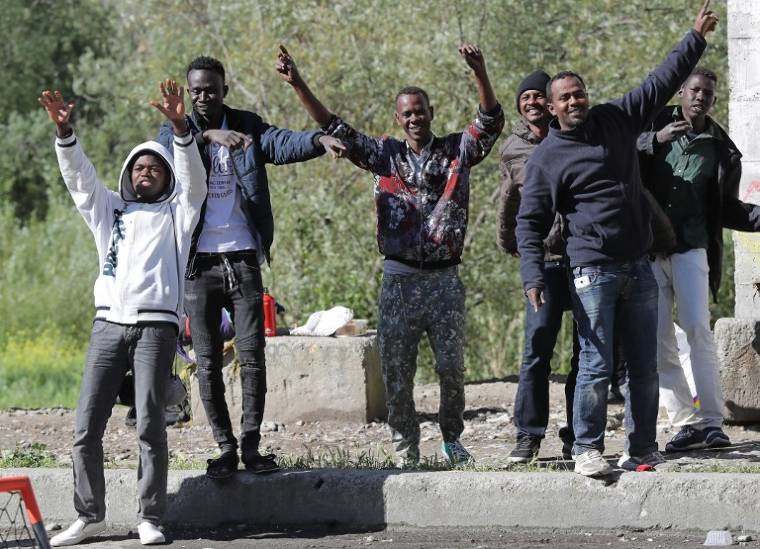
Hungary’s success meant that the EU leadership failed. Thus a long and arduous battle broke out between Hungary and the European Union. The conflict escalated between patriots – who take pride in their Judeo-Christian heritage and would like to preserve their values – and misled people – who follow the mainstream liberal, multicultural propaganda of George Soros and the brusselite elite, which will sacrifice anything in order to break down the sovereignty of European nation states.
But why is it important to incite the name of George Soros, given that most people consider him to be a philanthropist. Because in reality, it is far more accurate to say that Soros is „the man behind the curtain”.
First of all, Soros finances a vast network of NGOs, all of which play a crucial role in getting the migrants to Europe. Migration Aid, Amnesty International, Open Society Foundations, Doctors Without Borders serve as tools in Soros’ arsenal.
Secondly, Soros’ influence reaches top mainstream news organizations and newspapers, including NBC, ABC, The Washington Post, The Guardian, Bloomberg, Politico - to mention a few. Not only is he very effective in helping the migrants to invade Europe, but he also has a huge media empire to propagate the pro-immigration stance. As the speculator himself said in an interview with Bloomberg,
His plan [Orbán’s] treats the protection of national borders as the objective and the refugees as an obstacle. Our plan treats the protection of refugees as the objective and national borders as the obstacle.”
And thirdly, many politicians within the European Parliament share Soros’ vision of an „open”, „progressive” Europe. Which in reality equals a continent devoid of any tradition, any indigenous culture and any sovereignty. One such politician is the Dutch MEP we have mentioned already, Judith Sargentini.
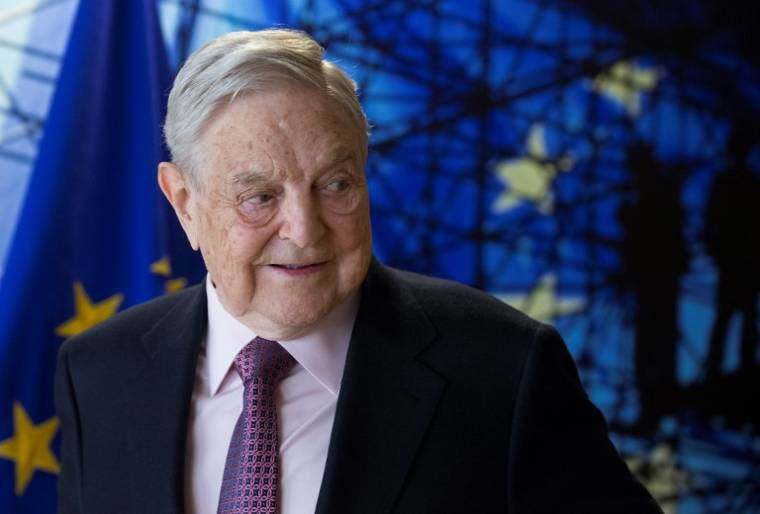 That is one of the many reasons it is adequate to call the document attacking Hungary as the ’Soros-Sargentini Report’. It seeks nothing but to weaken the sovereignty of the Hungarian government - after all, it is easier to influence (or blackmail) a government that is unstable. But what exactly is the relevance of the Soros-Sargentini Report? After all, Viktor Orbán won his third landslide election back in April and retained a two-thirds legislative majority.
That is one of the many reasons it is adequate to call the document attacking Hungary as the ’Soros-Sargentini Report’. It seeks nothing but to weaken the sovereignty of the Hungarian government - after all, it is easier to influence (or blackmail) a government that is unstable. But what exactly is the relevance of the Soros-Sargentini Report? After all, Viktor Orbán won his third landslide election back in April and retained a two-thirds legislative majority.
The answer is simple: the elections to the European Parliament are expected to be held in May.
Soros, and all the MEPs loyal to him have realized one thing: Orbán cannot be beaten on home soil, no matter how many media outlets, political parties or NGOs they finance. So they decided to focus on the European Parliament elections. Rightfully so: after Brexit-bomb and losing Italy to the anti-immigration League and Five Star Movement parties, Brussels really cannot afford to be complacent.
The stakes of the elections is whether the pro-immigration camp within the EU can be stopped. So far, Soros and his allies cannot boast with any successes regarding immigration. The question is then evident: why should they have the final say when it comes to deciding the future of Europe? Orbán’s stance is that they should not.
